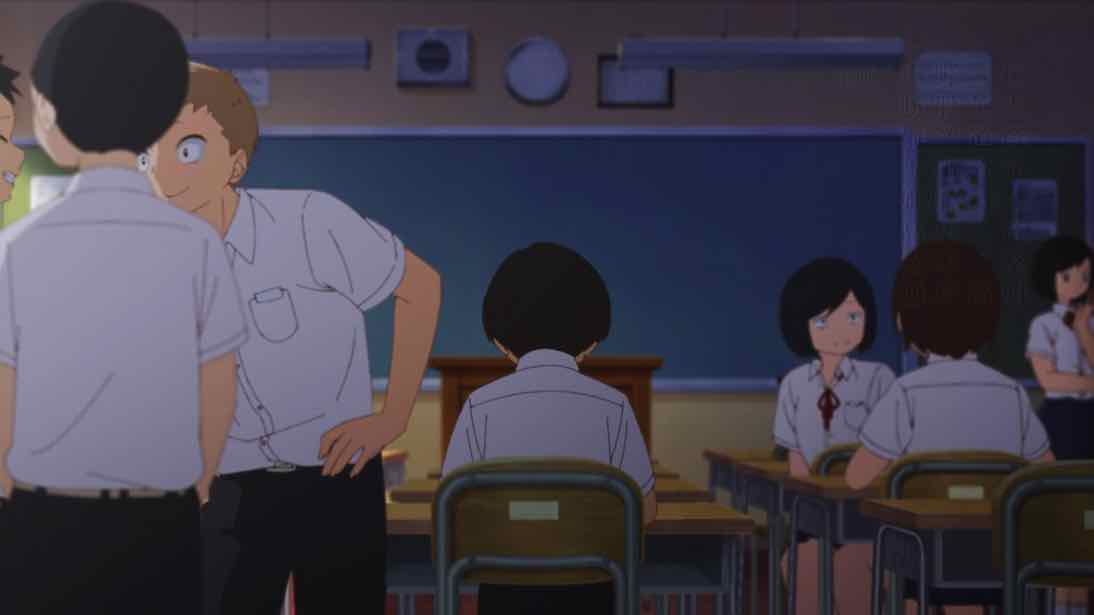 What a strange and difficult piece this is for me to write, and what a surreal moment. There are so many reasons why, most simply that Boku no Kokoro no Yabai Yatsu is one of my favorite manga ever. I adore it unreservedly, I’ve pitched it in podcasts, I’ve made videos about it. I love it. As such it’s a weird place to be emotionally, trying to reflect on the first episode of an adaptation I’ve been impatiently pining for. I can’t be impartial, obviously, but it goes much deeper than that. It’s hard to know what to say when you want to say so much about something that means so much to you.
What a strange and difficult piece this is for me to write, and what a surreal moment. There are so many reasons why, most simply that Boku no Kokoro no Yabai Yatsu is one of my favorite manga ever. I adore it unreservedly, I’ve pitched it in podcasts, I’ve made videos about it. I love it. As such it’s a weird place to be emotionally, trying to reflect on the first episode of an adaptation I’ve been impatiently pining for. I can’t be impartial, obviously, but it goes much deeper than that. It’s hard to know what to say when you want to say so much about something that means so much to you.
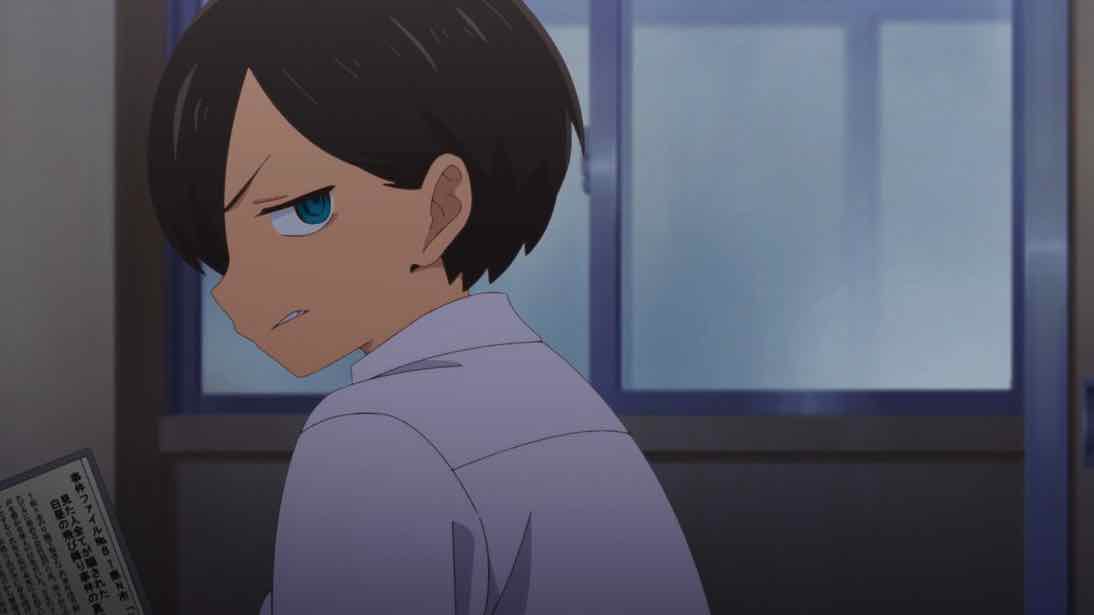 As if that weren’t enough, this is a pretty unique series in the sense of how it – and the character arcs – develop. When you’re covering an adaptation of a manga you know it’s often a challenge trying to decide what you should say and what you shouldn’t. But that’s the case even more so with BokuYaba (which is what pretty much everyone calls it). I’ve religiously mentioned this every time I discuss this series, but you can’t judge the characters (or the plot for that matter) from the early chapters. Still, I see that some viewers are, which I know was inevitable. Should I unpack why that’s a mistake – and if so, how much detail do you go into?
As if that weren’t enough, this is a pretty unique series in the sense of how it – and the character arcs – develop. When you’re covering an adaptation of a manga you know it’s often a challenge trying to decide what you should say and what you shouldn’t. But that’s the case even more so with BokuYaba (which is what pretty much everyone calls it). I’ve religiously mentioned this every time I discuss this series, but you can’t judge the characters (or the plot for that matter) from the early chapters. Still, I see that some viewers are, which I know was inevitable. Should I unpack why that’s a mistake – and if so, how much detail do you go into?
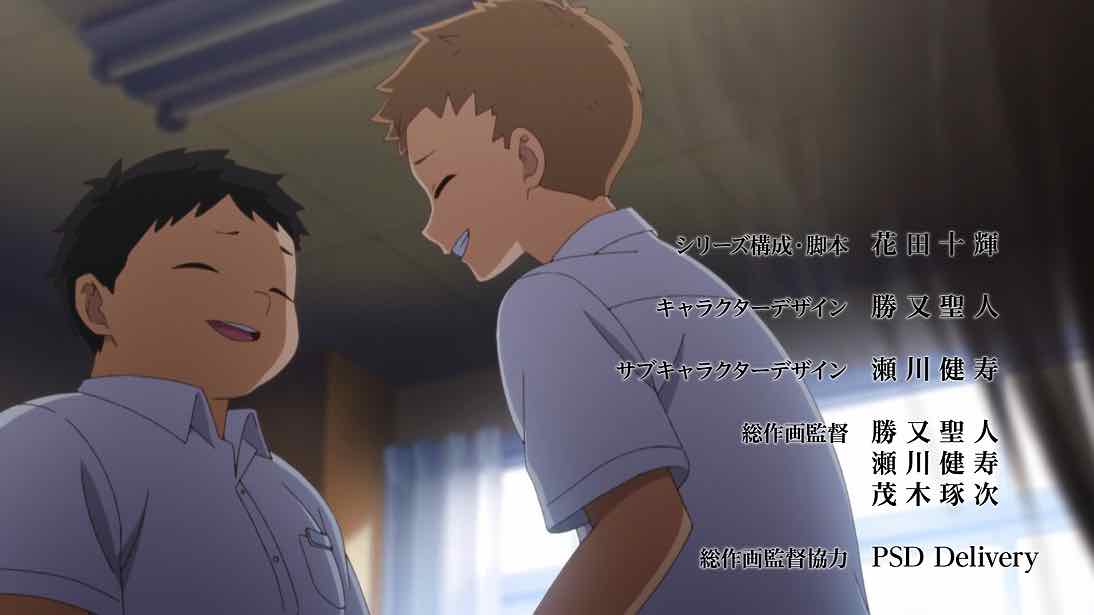 Damned if I know. So I’m going to try and finesse that the best I can, while still making the case for why BokuYaba is for me the best romcom manga of the past decade. Let’s start with Sakurai Norio, the mangaka. She’s best known for Mitsudomoe, a very funny ecchi comedy that got two (albeit one truncated) anime seasons. It had a niche audience of hardcore fans, but BokuYaba has taken her to another level commercially. It’s already a decent hit, and the anime will likely make it a bigger one. Sakurai-san is a woman, but Boku no Kokoro is a very autobiographical series, and Ichikawa Kyoutarou (Horie Shun) the embodiment of her adolescent neuroses.
Damned if I know. So I’m going to try and finesse that the best I can, while still making the case for why BokuYaba is for me the best romcom manga of the past decade. Let’s start with Sakurai Norio, the mangaka. She’s best known for Mitsudomoe, a very funny ecchi comedy that got two (albeit one truncated) anime seasons. It had a niche audience of hardcore fans, but BokuYaba has taken her to another level commercially. It’s already a decent hit, and the anime will likely make it a bigger one. Sakurai-san is a woman, but Boku no Kokoro is a very autobiographical series, and Ichikawa Kyoutarou (Horie Shun) the embodiment of her adolescent neuroses.
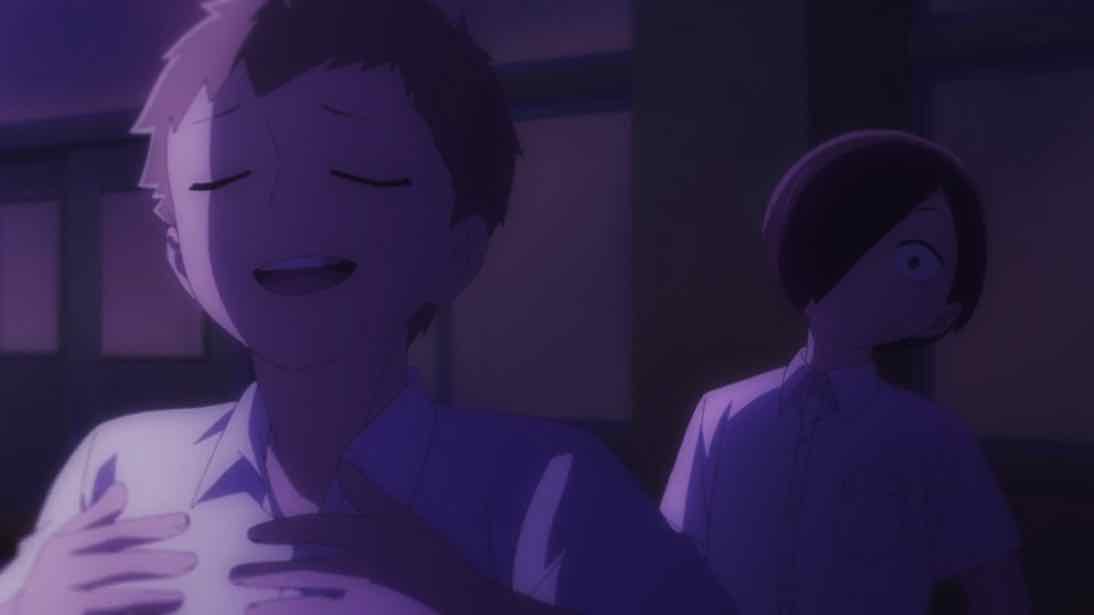 It’s interesting that Sakurai chose to relive her middle school life through a boy (she’s been clear that she is). Some have compared Kyoutarou to Tomoko from Watamote, but he’s a very different sort of kid. Ichikawa is a neurotic – if you are one, you understand. And make no mistake, Norio-sensei pulls no punches in her depiction of the middle school experience. It’s messy, it’s often terrifying, frequently horrifyingly embarrassing (especially for someone like Ichi). It’s obsessed with sex, an obsession that often manifests in very crude fashion. It’s a time when the world is changing at a blistering pace, when the excitement of pure possibility is intermingled with abject terror and seemingly everything you see and do has the potential for disaster.
It’s interesting that Sakurai chose to relive her middle school life through a boy (she’s been clear that she is). Some have compared Kyoutarou to Tomoko from Watamote, but he’s a very different sort of kid. Ichikawa is a neurotic – if you are one, you understand. And make no mistake, Norio-sensei pulls no punches in her depiction of the middle school experience. It’s messy, it’s often terrifying, frequently horrifyingly embarrassing (especially for someone like Ichi). It’s obsessed with sex, an obsession that often manifests in very crude fashion. It’s a time when the world is changing at a blistering pace, when the excitement of pure possibility is intermingled with abject terror and seemingly everything you see and do has the potential for disaster.
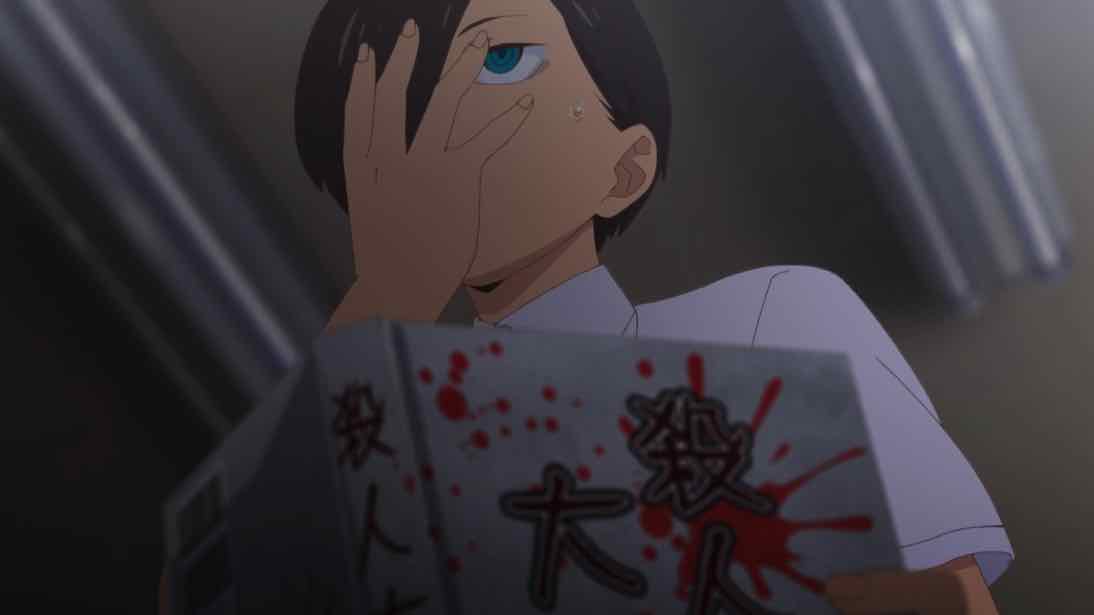 Kyoutarou is the nexus point of BokuYaba. His worldview is everything – as this premiere very cleverly highlighted in the scene where we see the world through the bangs perpetually covering his right eye. But there’s another utterly crucial figure here, the one who becomes the obsessive focus of that worldview – Yamada Anna (Yomiya Hina). For Sakurai, Anna was the embodiment of everything that seemed glamorous and out of reach in junior high school. And that’s how Anna appears to Kyoutarou at first. She’s everything he’s not – tall, glamorous, popular, sociable. Hell, she’s even a literal fashion model. You cannot get farther apart on the middle school social ladder than Yamada Anna and Ichikawa Kyoutarou.
Kyoutarou is the nexus point of BokuYaba. His worldview is everything – as this premiere very cleverly highlighted in the scene where we see the world through the bangs perpetually covering his right eye. But there’s another utterly crucial figure here, the one who becomes the obsessive focus of that worldview – Yamada Anna (Yomiya Hina). For Sakurai, Anna was the embodiment of everything that seemed glamorous and out of reach in junior high school. And that’s how Anna appears to Kyoutarou at first. She’s everything he’s not – tall, glamorous, popular, sociable. Hell, she’s even a literal fashion model. You cannot get farther apart on the middle school social ladder than Yamada Anna and Ichikawa Kyoutarou.
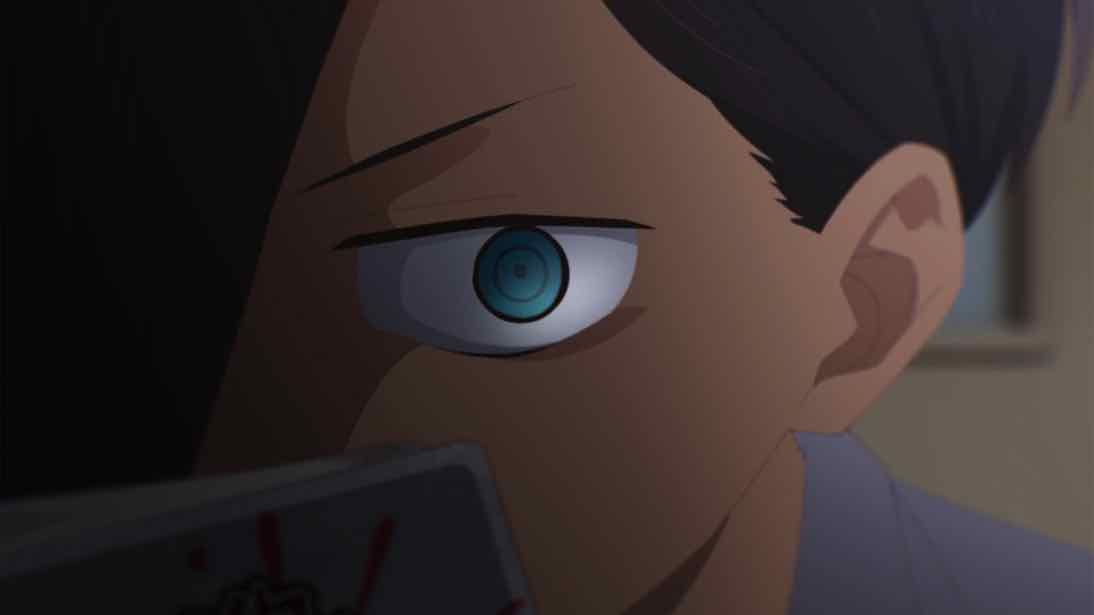 And this is where the writing gets tricky. I think it’s obvious in the premiere that there’s more to this dynamic than it seems. But I do know this – in 2023, in an era when light novels and their adaptations have deeply influenced the way viewers consume anime, snap judgments reign supreme, Many viewers expect characters to appear fully-formed, and the details of a premise to be explained (often literally) in the first episode. They want things to be clear from the beginning so they know exactly what they’re getting. And, well… BokuYaba doesn’t do that. I actually wondered if the adaptation would explain more, hurry more, soften the characters up. But it didn’t – not a bit of it.
And this is where the writing gets tricky. I think it’s obvious in the premiere that there’s more to this dynamic than it seems. But I do know this – in 2023, in an era when light novels and their adaptations have deeply influenced the way viewers consume anime, snap judgments reign supreme, Many viewers expect characters to appear fully-formed, and the details of a premise to be explained (often literally) in the first episode. They want things to be clear from the beginning so they know exactly what they’re getting. And, well… BokuYaba doesn’t do that. I actually wondered if the adaptation would explain more, hurry more, soften the characters up. But it didn’t – not a bit of it.
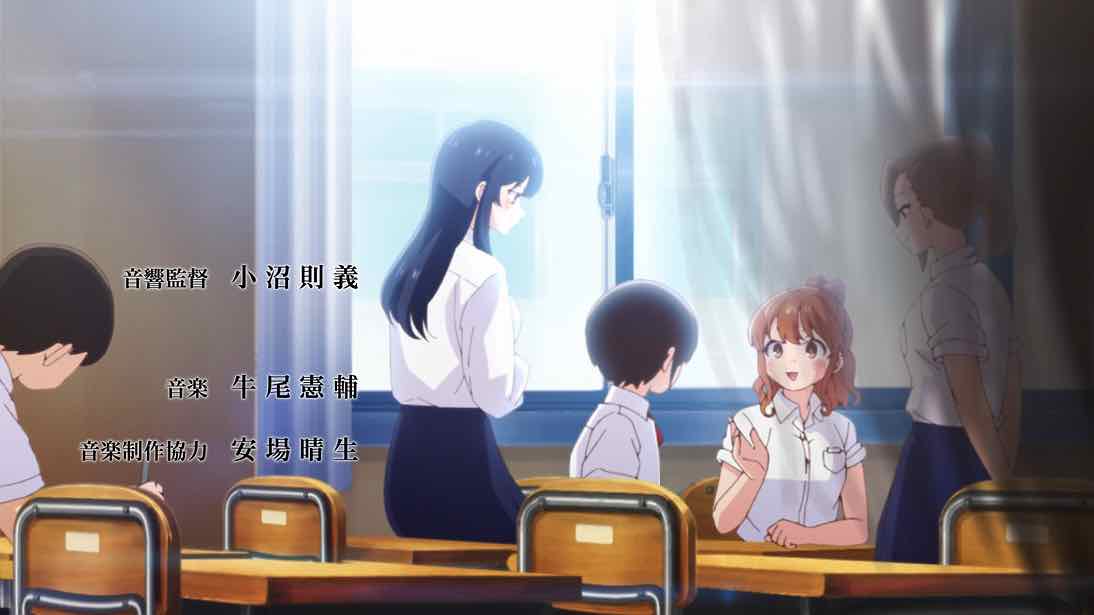 To be honest, I even wondered whether I hoped those changes might happen. I saw a lot of hate and “dropped” at the first few chapters of the manga because of snap judgments about what the series and characters (especially Kyou-chan) were like. My worry is that manga is inherently a medium where patience is more ingrained than anime. In the end I’m glad director Akagi Hiroaki and writer Hanada Jukki left things as Norio wrote them. But know this – even the title is more and different than it appears to be at first. How many of you were the same person at 13 that you were at 14 – never mind when you became a young adult?
To be honest, I even wondered whether I hoped those changes might happen. I saw a lot of hate and “dropped” at the first few chapters of the manga because of snap judgments about what the series and characters (especially Kyou-chan) were like. My worry is that manga is inherently a medium where patience is more ingrained than anime. In the end I’m glad director Akagi Hiroaki and writer Hanada Jukki left things as Norio wrote them. But know this – even the title is more and different than it appears to be at first. How many of you were the same person at 13 that you were at 14 – never mind when you became a young adult?
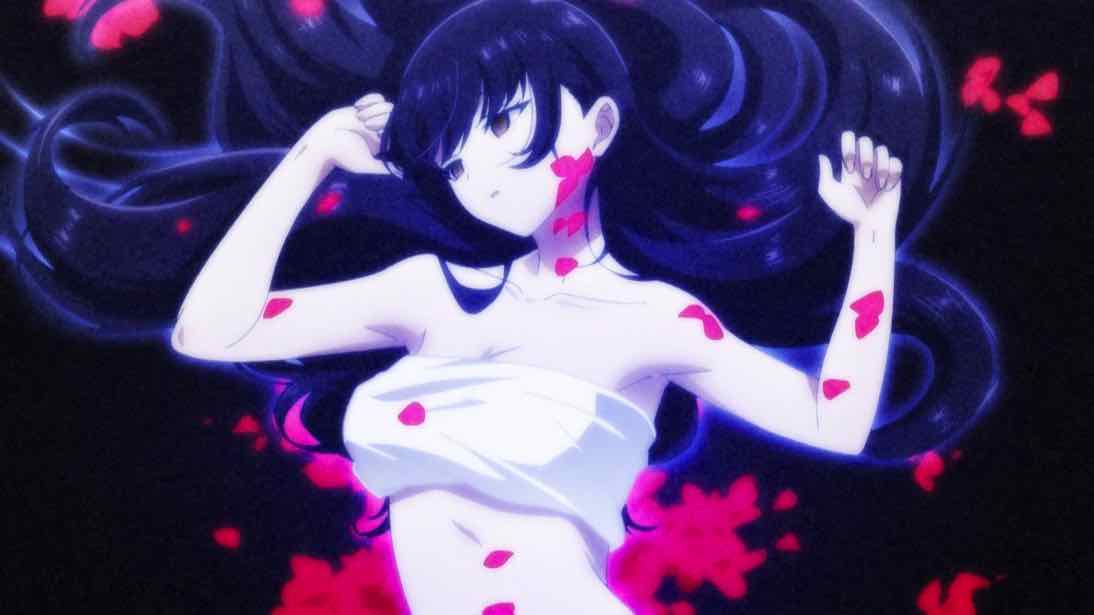 As to the adaptation itself, I can only say I’m thrilled – yes, that the prologue was left basically intact, because that indicates that the staff understands the material. But also because the casting seems spot-on, the music was superb, and the overall look of the series largely matched the Platonic ideal I had in my mind. I was very pleased when Akagi-sensei and Shin-Ei were announced – I flat-out predicted that might happen, in fact. They took another middle school romcom, Karakai Jouzu no Takagi-san, and delivered an anime that amplified everything good about the manga and molded it into an anime that exceeded the source material in every way. Akagi has a much better series to work with here, and I see nothing to make me temper my expectations.
As to the adaptation itself, I can only say I’m thrilled – yes, that the prologue was left basically intact, because that indicates that the staff understands the material. But also because the casting seems spot-on, the music was superb, and the overall look of the series largely matched the Platonic ideal I had in my mind. I was very pleased when Akagi-sensei and Shin-Ei were announced – I flat-out predicted that might happen, in fact. They took another middle school romcom, Karakai Jouzu no Takagi-san, and delivered an anime that amplified everything good about the manga and molded it into an anime that exceeded the source material in every way. Akagi has a much better series to work with here, and I see nothing to make me temper my expectations.
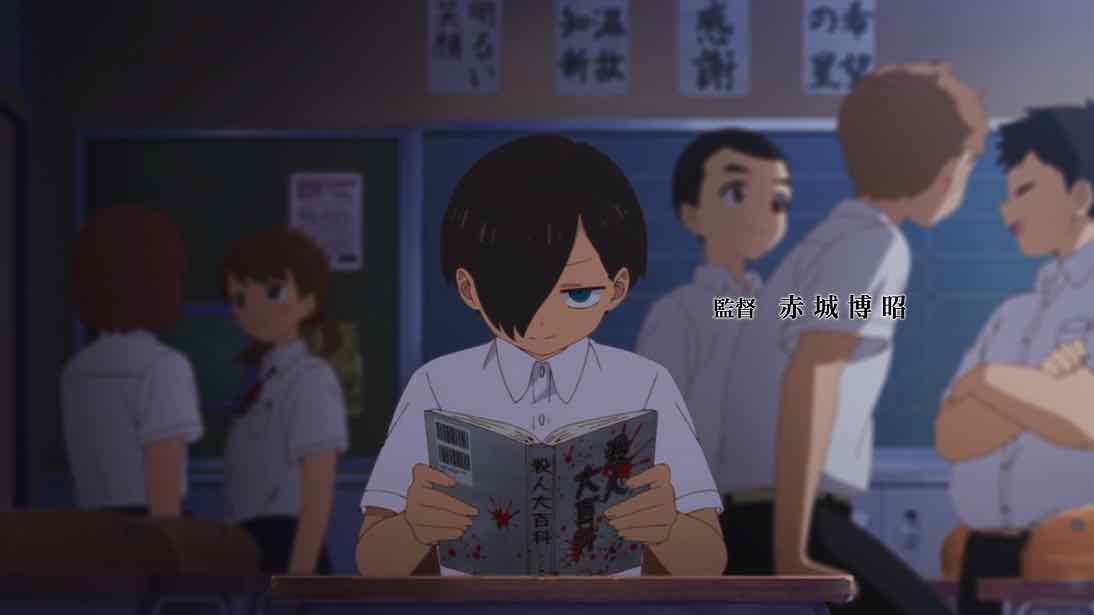 I’ve barely talked about the plot here at all, but maybe that’s not a bad thing. If you watched the premiere you don’t need me to summarize it for you. Kyoutarou is a bit of a chuunibyou boy, obviously. But it’s meeting Anna – who he’s always been aware of, but doesn’t know – that starts to change his world in the seismic way that never feels more powerful than in the throes of puberty. Anna is so much more than how she’s perceived – which is much closer to the 2-D image on the glossy page than the actual person. Nanjou Haruya (Shimazaki Nobunaga) is interested in the former. Kyoutarou is starting to take notice of the latter. And that’s basically the foundation of all the wondrous brilliance to come.
I’ve barely talked about the plot here at all, but maybe that’s not a bad thing. If you watched the premiere you don’t need me to summarize it for you. Kyoutarou is a bit of a chuunibyou boy, obviously. But it’s meeting Anna – who he’s always been aware of, but doesn’t know – that starts to change his world in the seismic way that never feels more powerful than in the throes of puberty. Anna is so much more than how she’s perceived – which is much closer to the 2-D image on the glossy page than the actual person. Nanjou Haruya (Shimazaki Nobunaga) is interested in the former. Kyoutarou is starting to take notice of the latter. And that’s basically the foundation of all the wondrous brilliance to come.
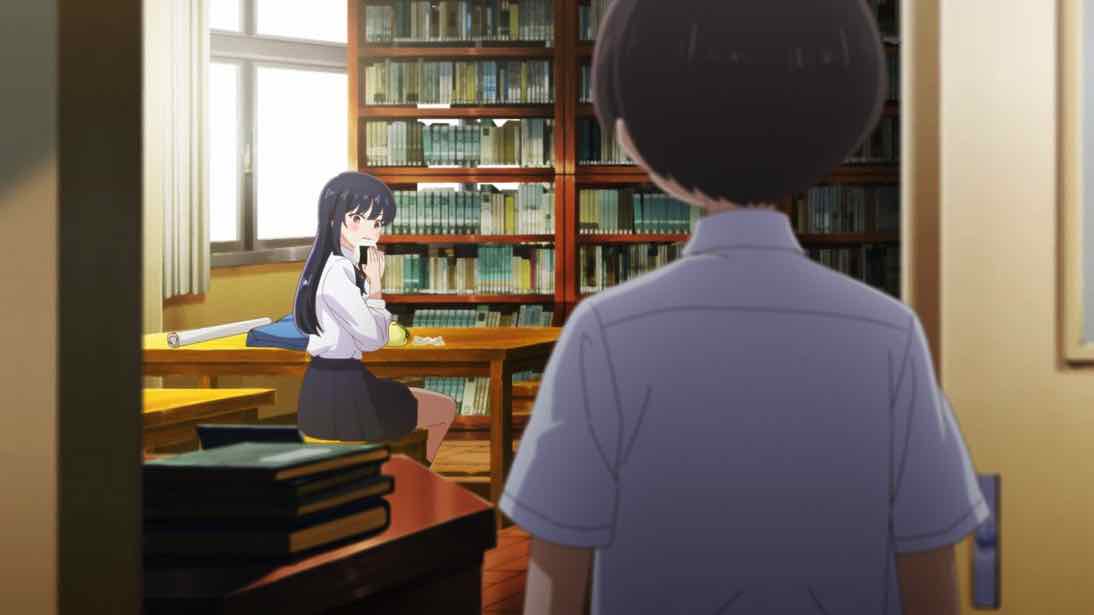 There are a few minor changes here. Ichi is taller (I suspect the physical gulf as depicted at the start of the manga was considered iffy, given how raunchy this series is). The anime seems to have ditched his legendary barber pole pajama pants. And there’s still the question of how the manga’s beloved extra chapters – which are both plot-critical and frequently very ecchi – are going to be incorporated into the anime. But basically, this is a faithful adaptation, and given how phenomenal the manga is that’s what it needs to succeed. I couldn’t have asked for more, really – I just hope the unvarnished presentation doesn’t limit the commercial appeal too much. Just know that the best is very much still to come, and as “bests” go, they don’t get much better.
There are a few minor changes here. Ichi is taller (I suspect the physical gulf as depicted at the start of the manga was considered iffy, given how raunchy this series is). The anime seems to have ditched his legendary barber pole pajama pants. And there’s still the question of how the manga’s beloved extra chapters – which are both plot-critical and frequently very ecchi – are going to be incorporated into the anime. But basically, this is a faithful adaptation, and given how phenomenal the manga is that’s what it needs to succeed. I couldn’t have asked for more, really – I just hope the unvarnished presentation doesn’t limit the commercial appeal too much. Just know that the best is very much still to come, and as “bests” go, they don’t get much better.


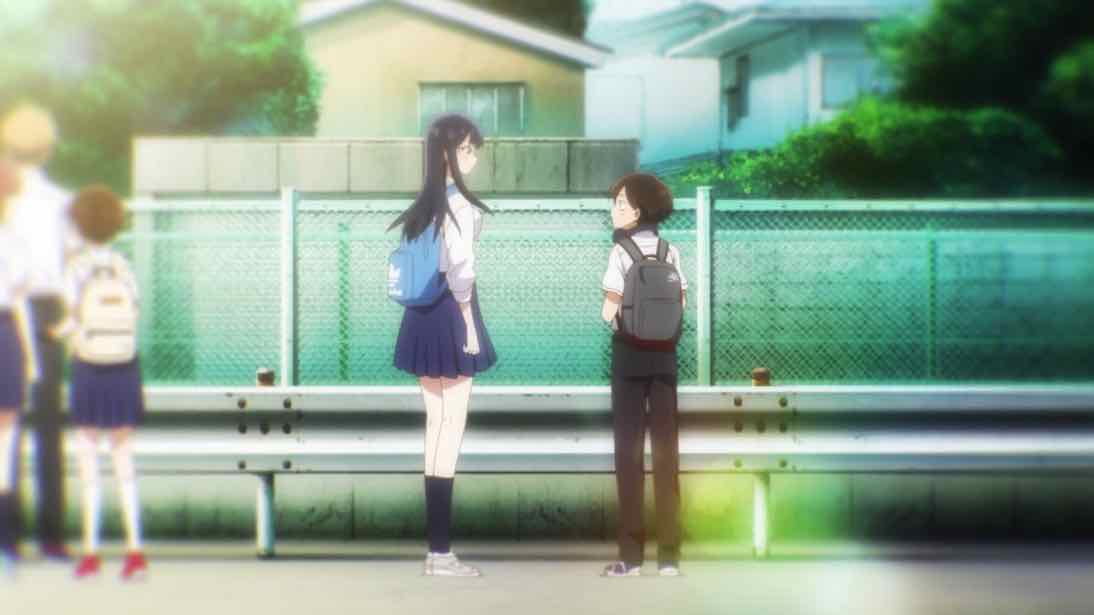
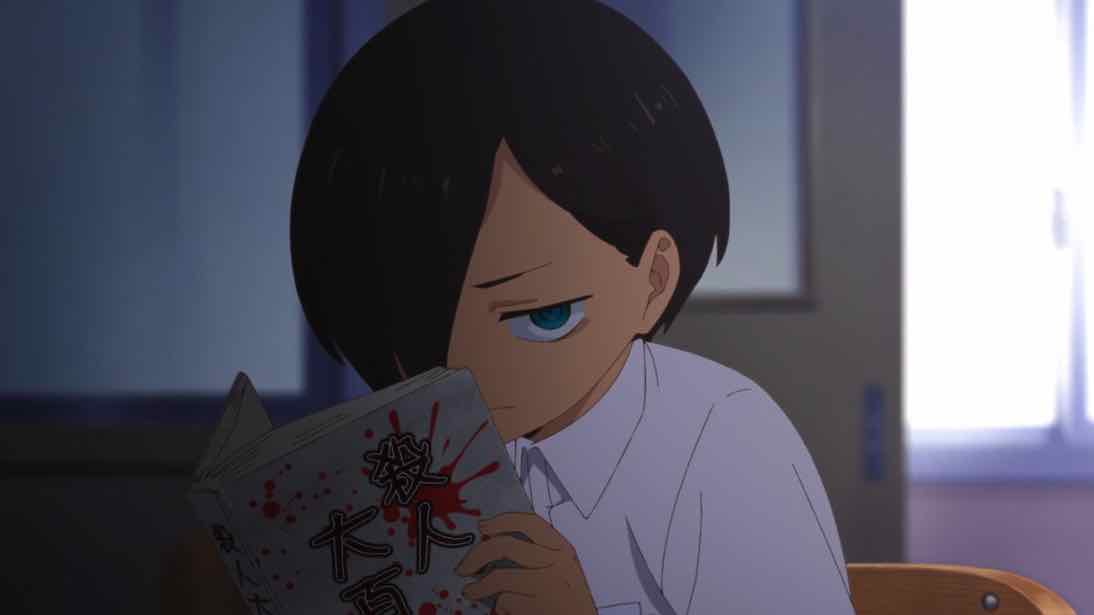
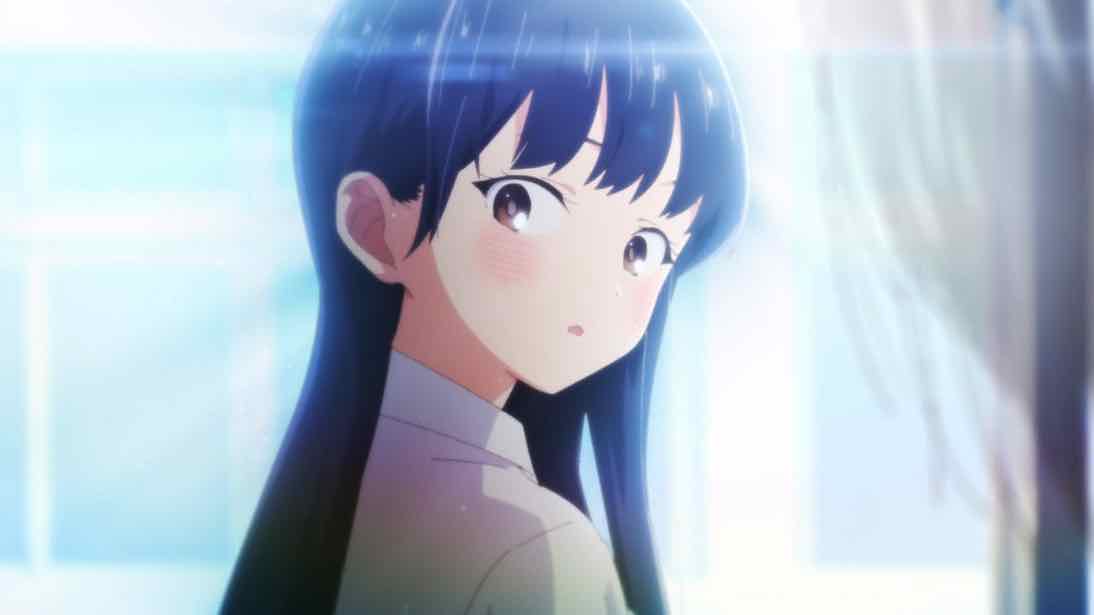
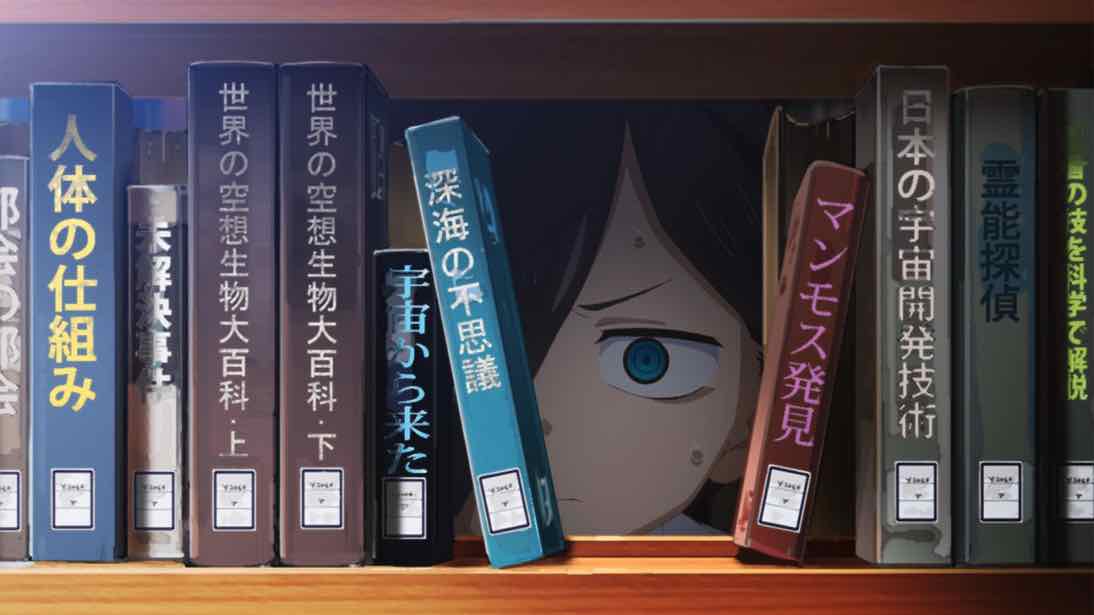
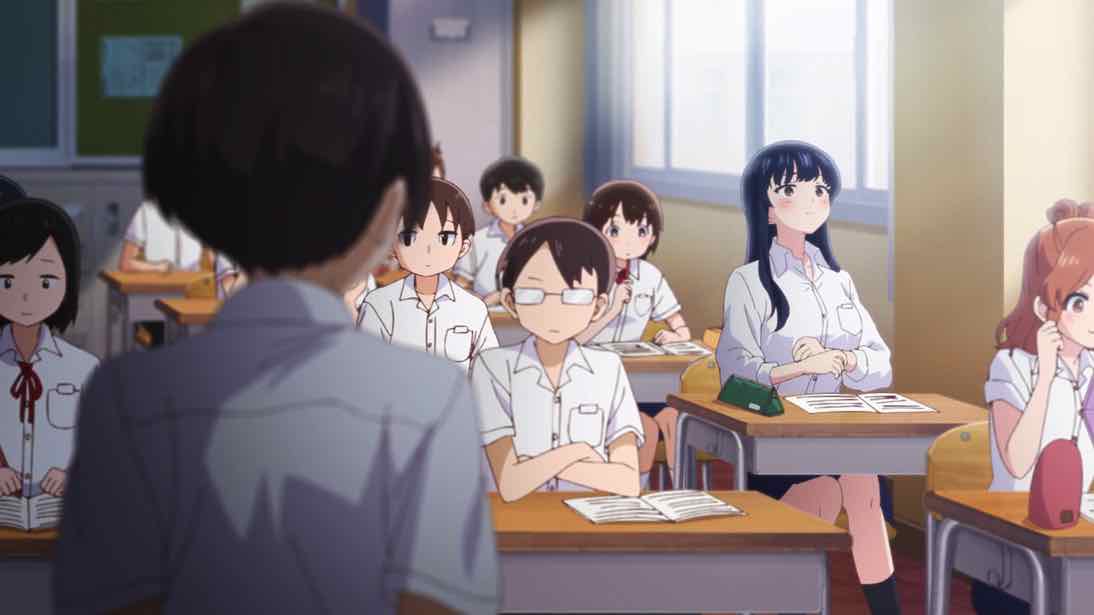
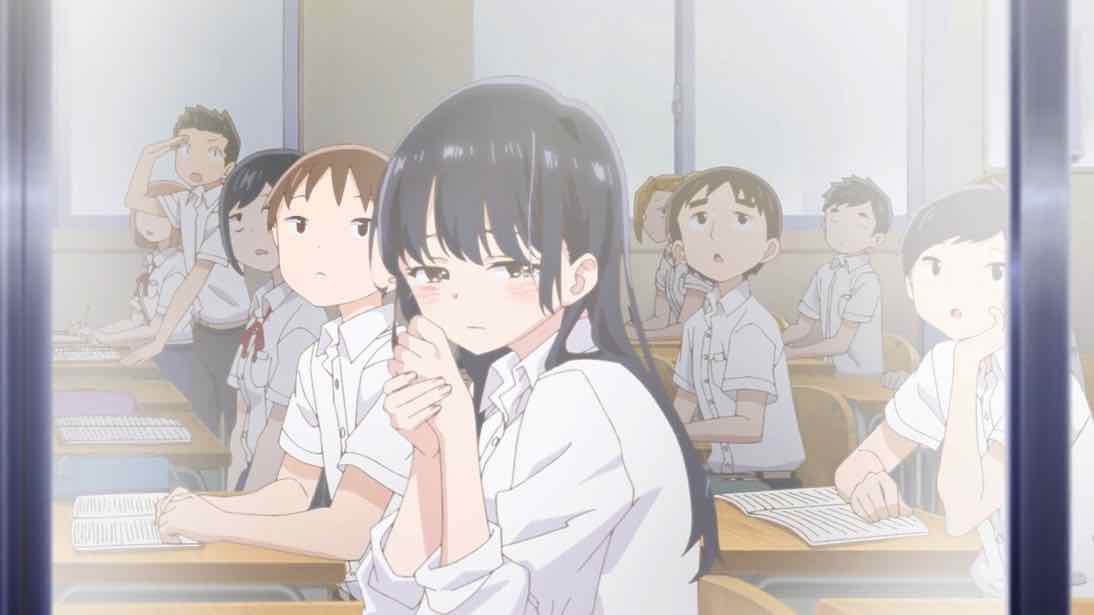
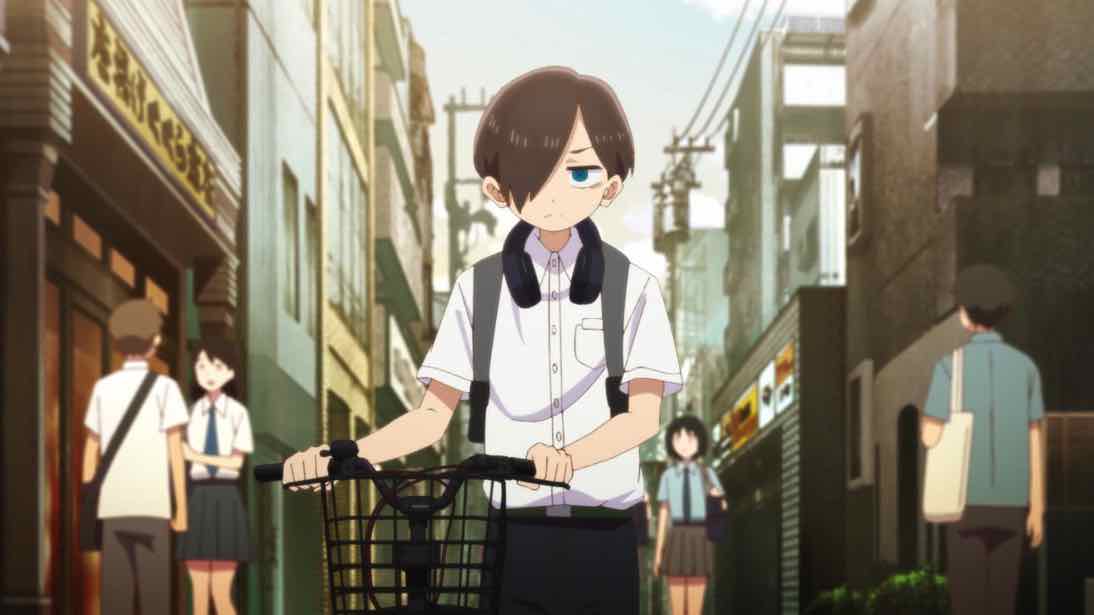
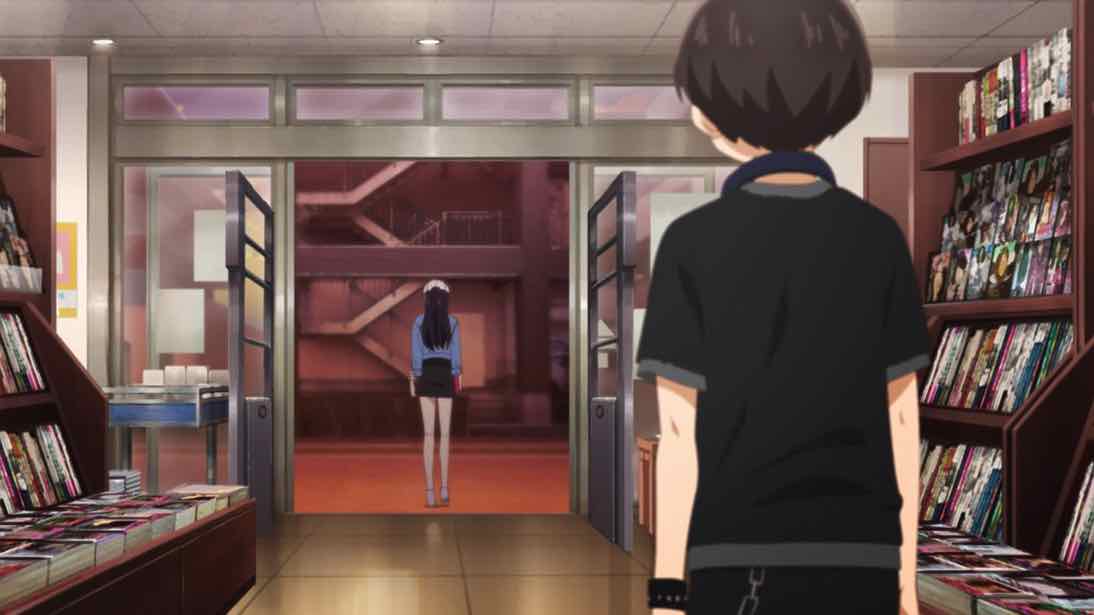
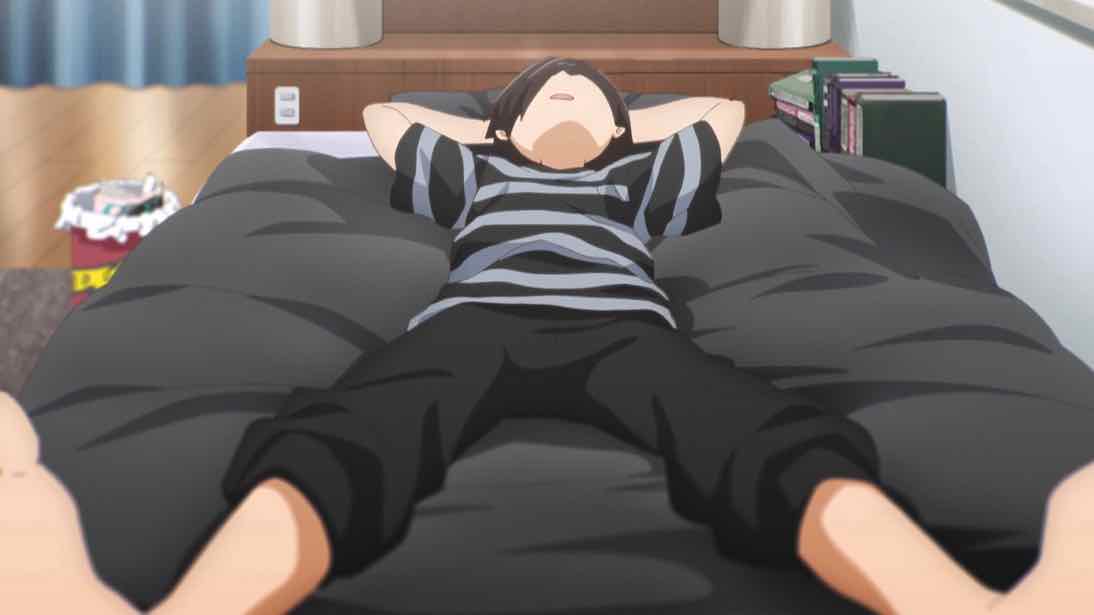
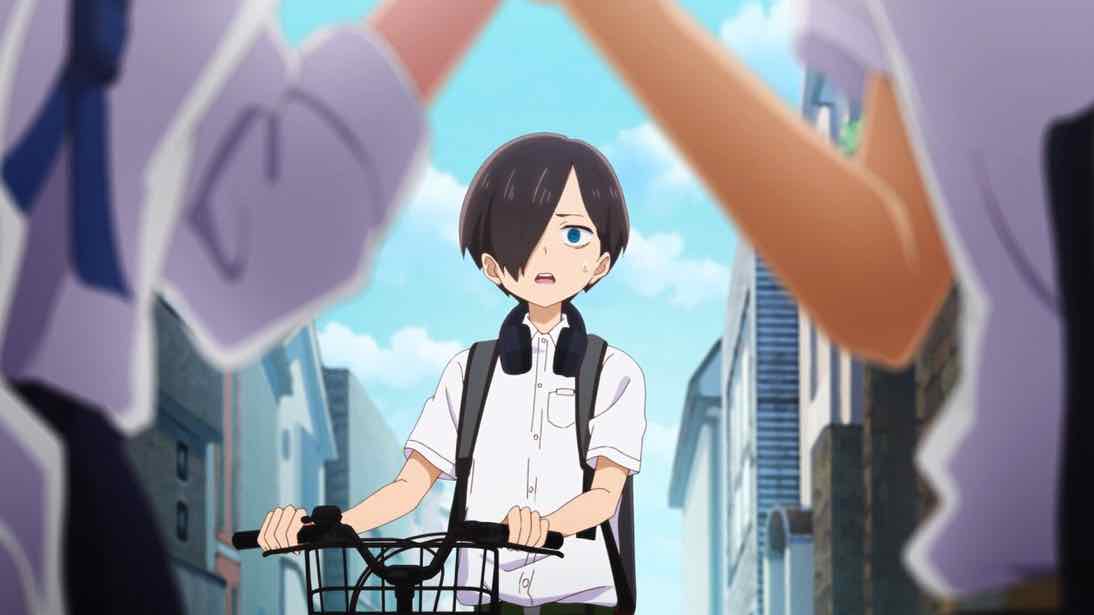
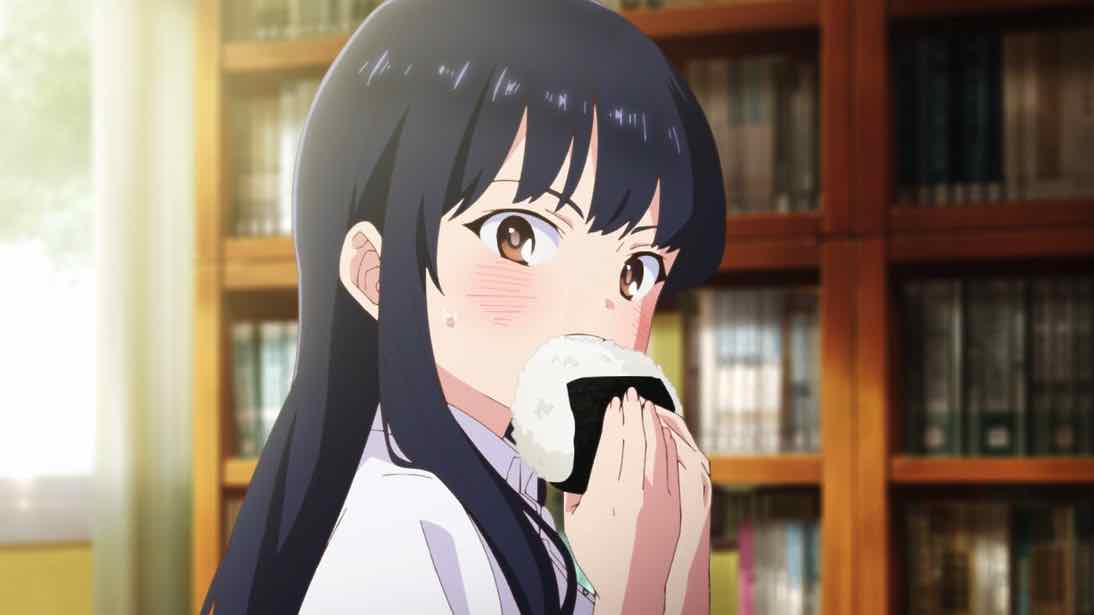
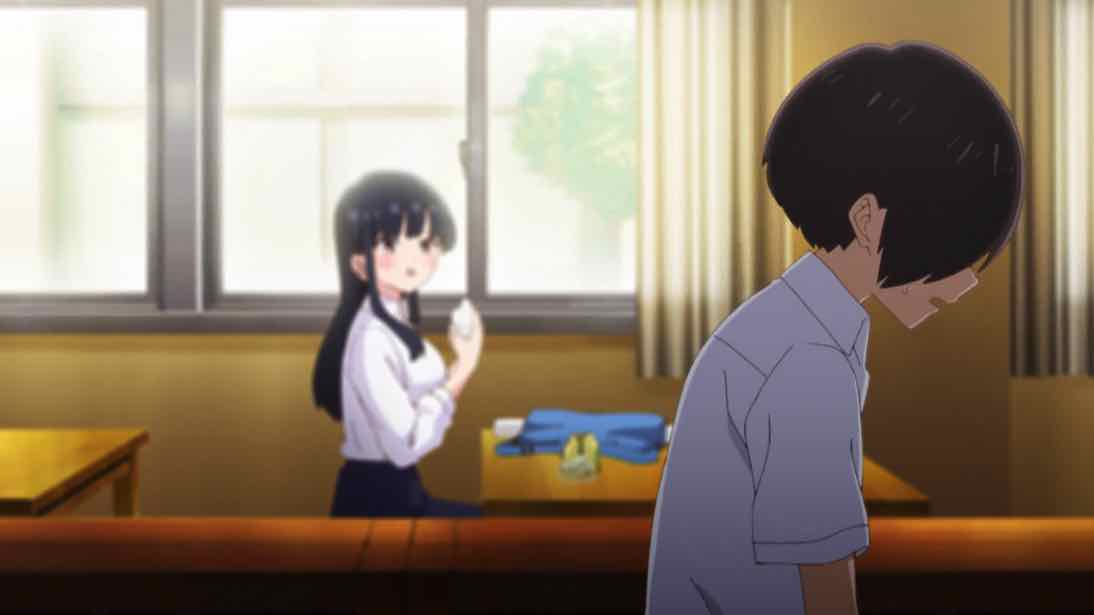
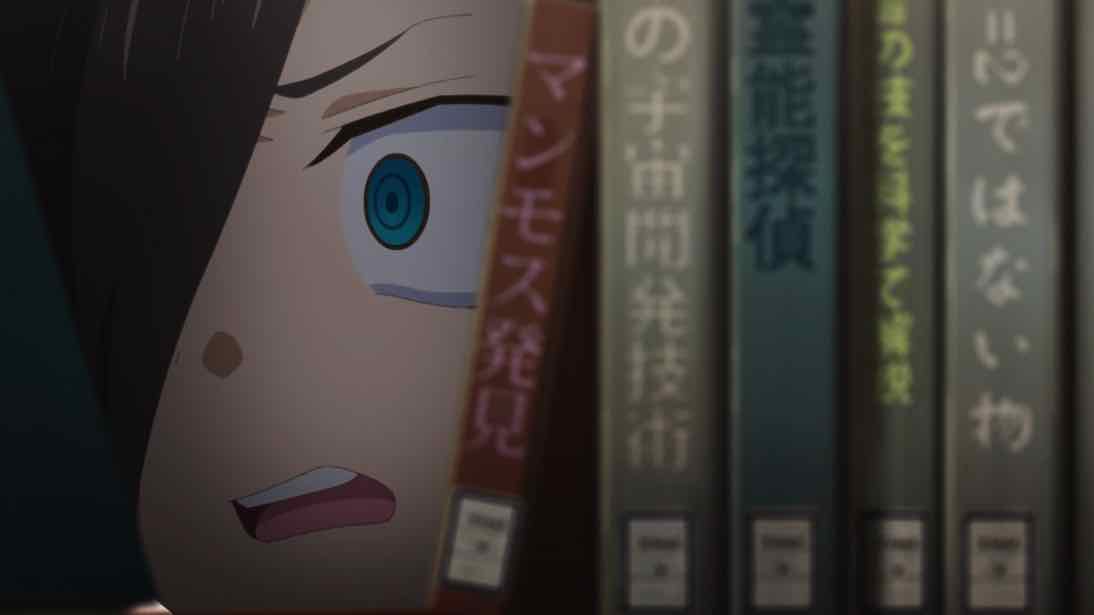
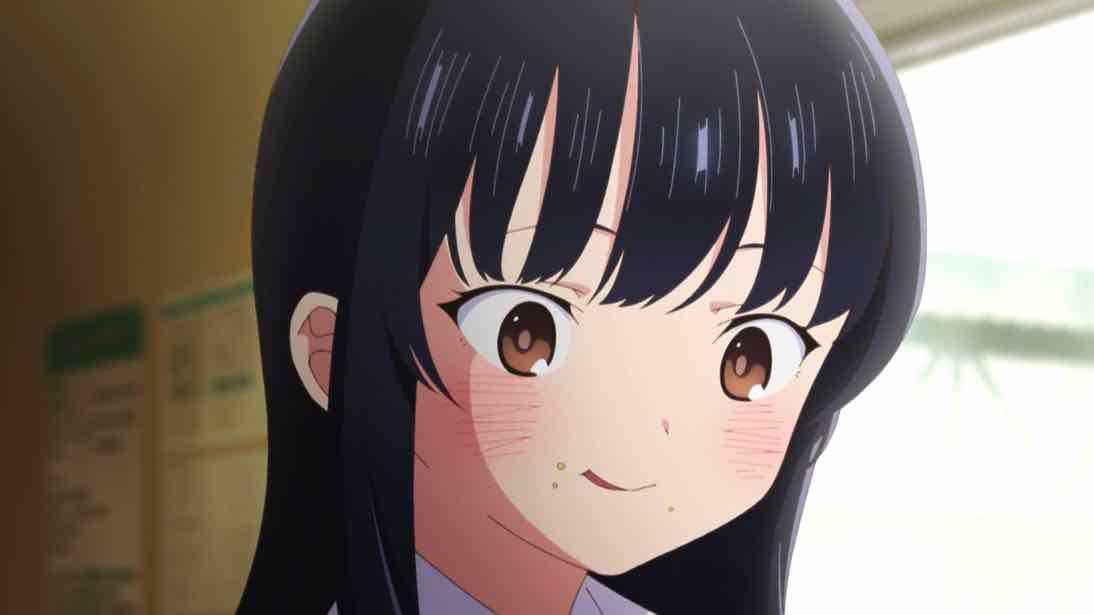
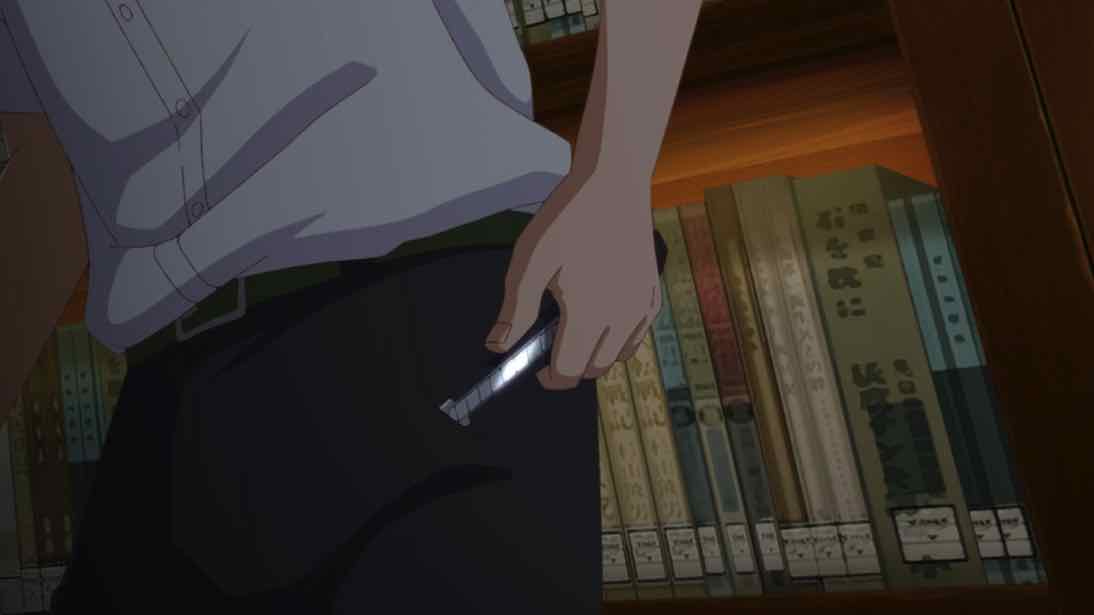
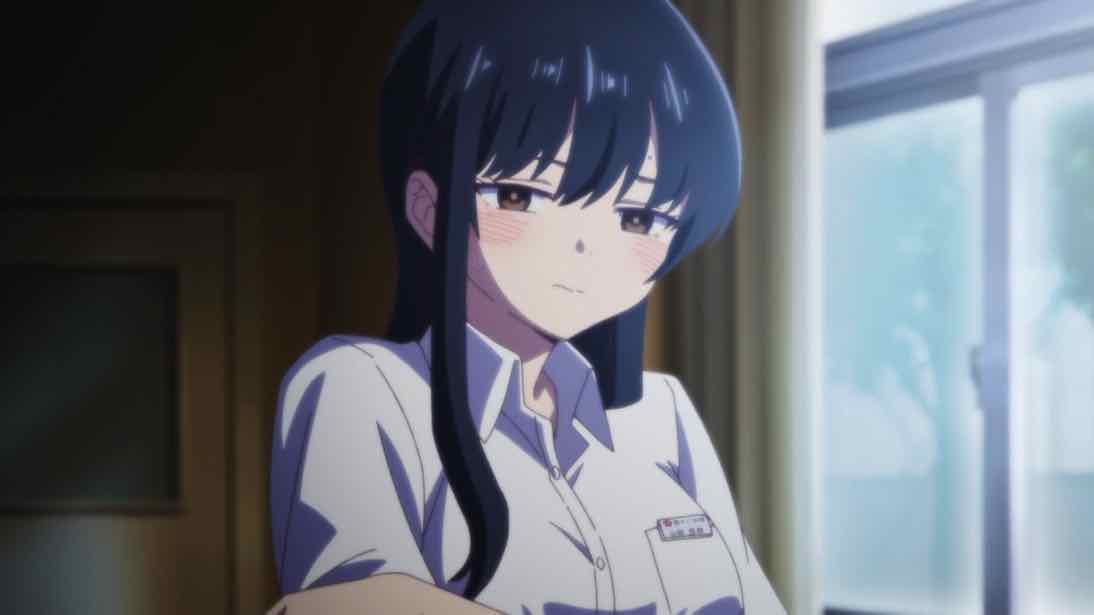
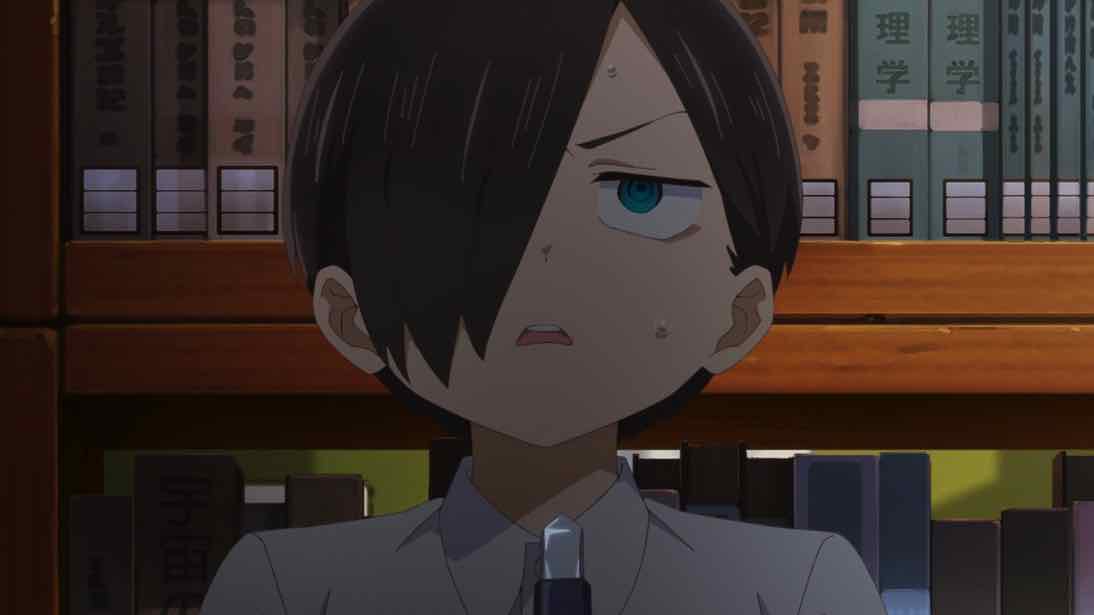
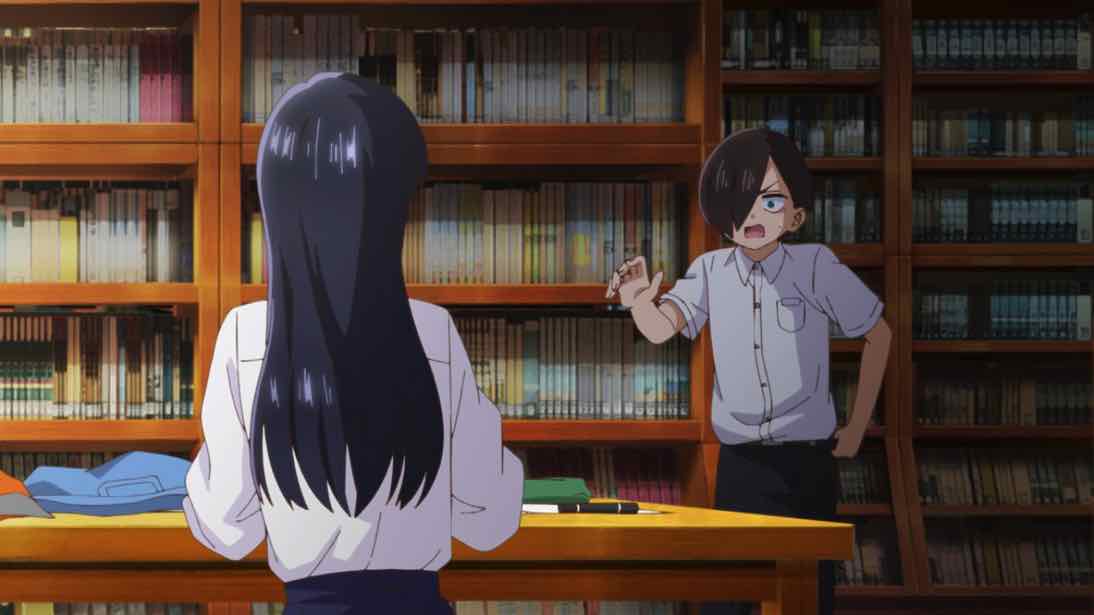
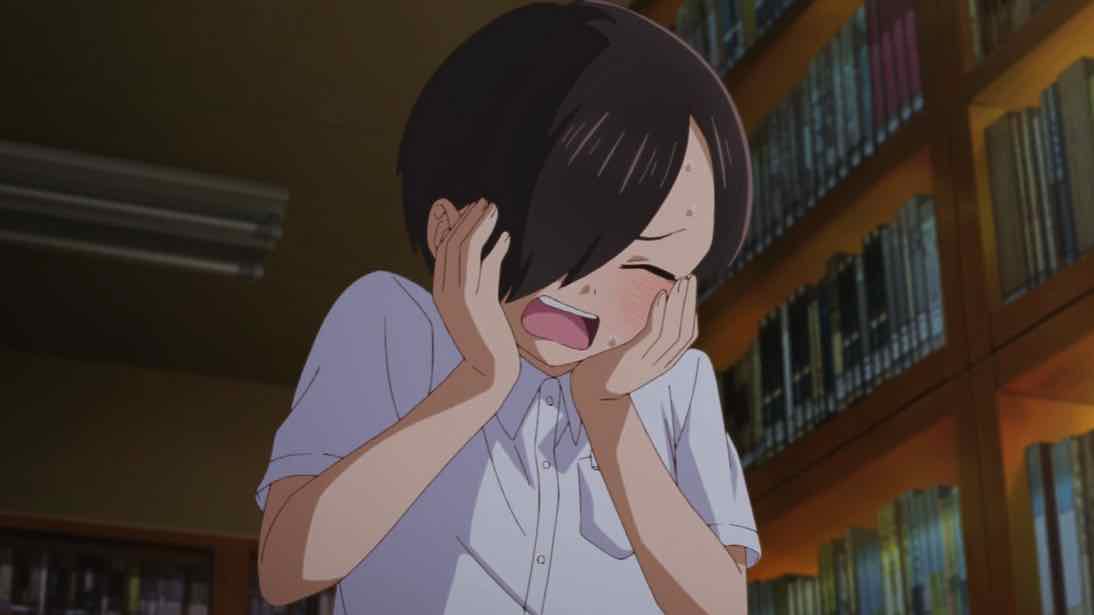
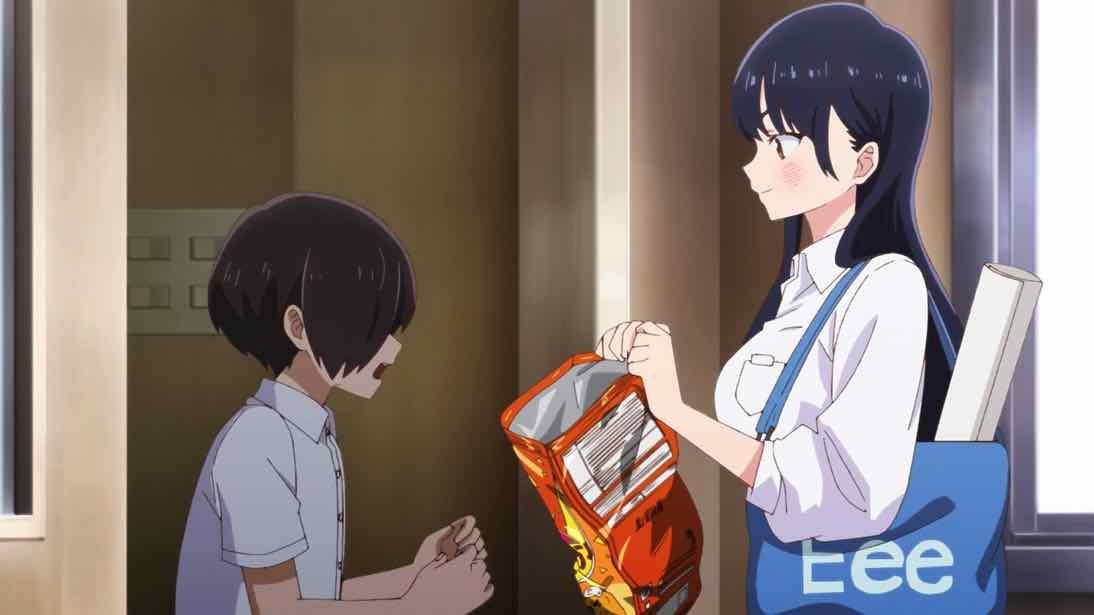
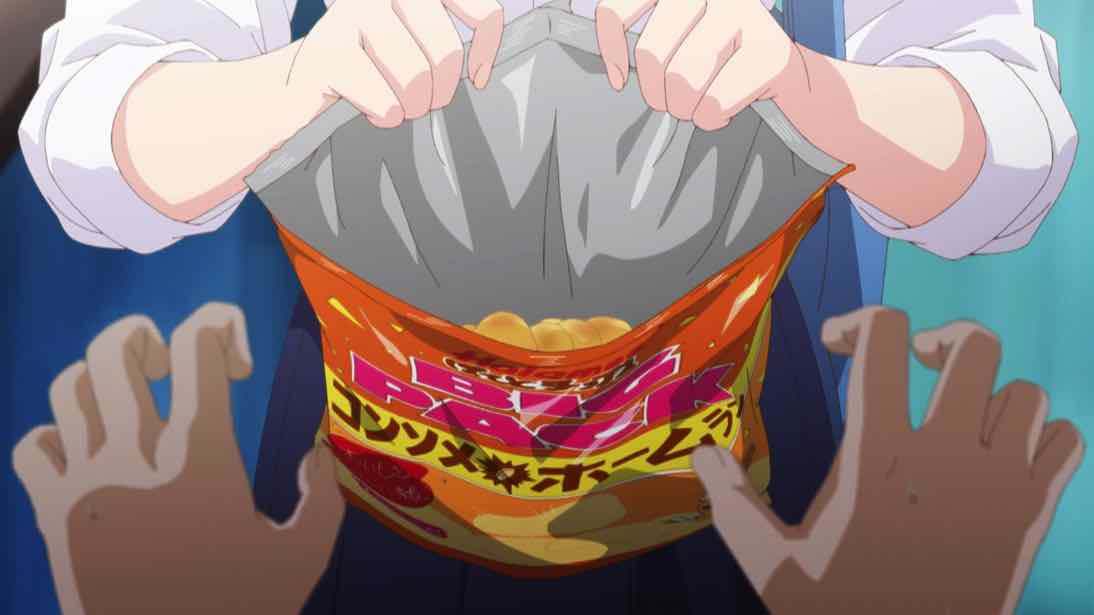
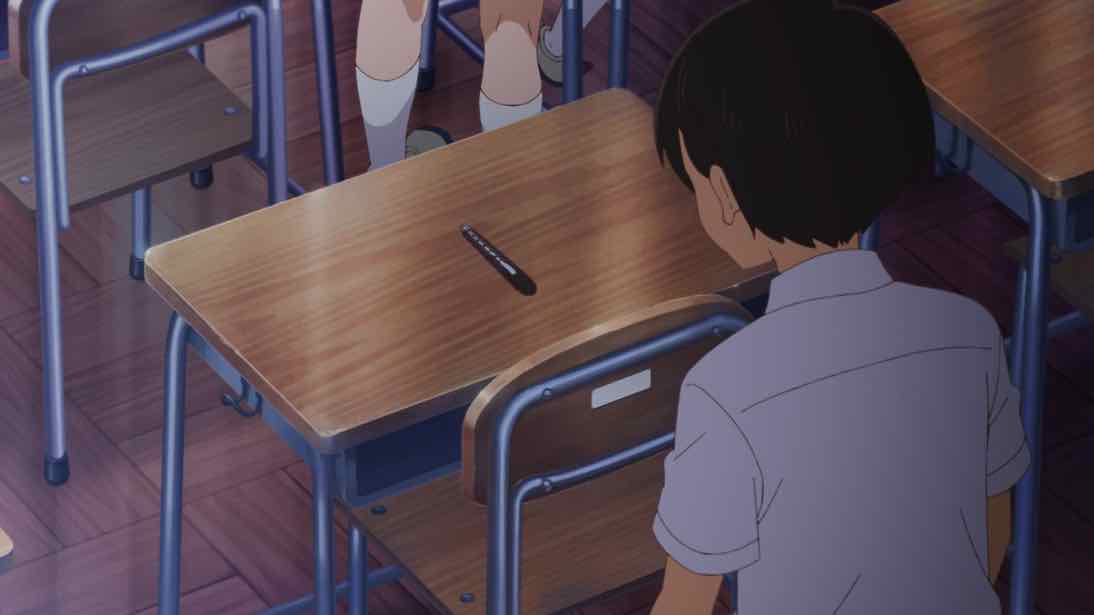
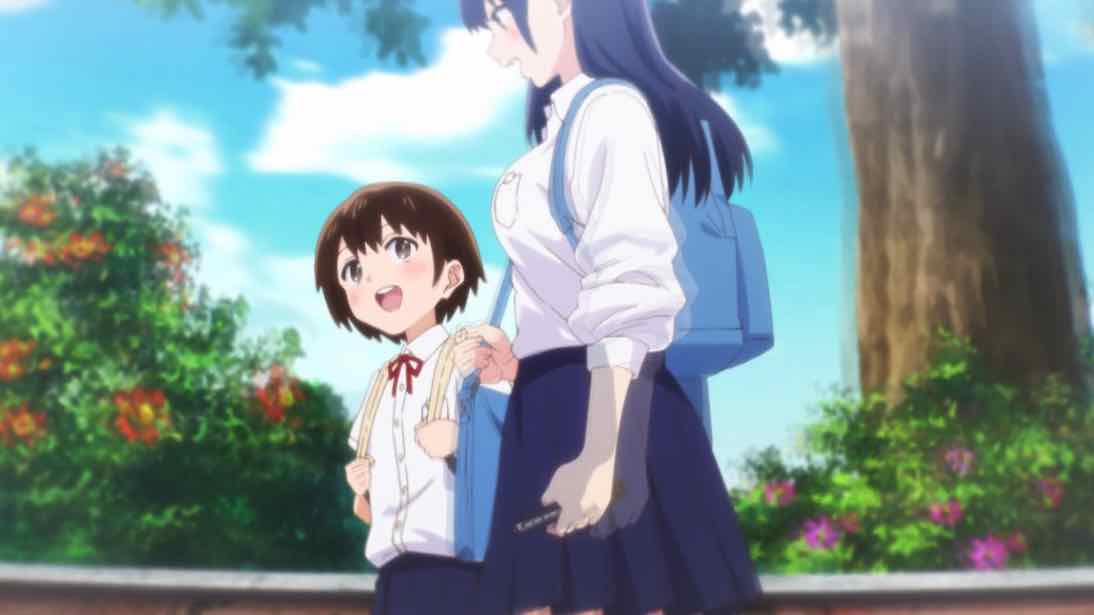
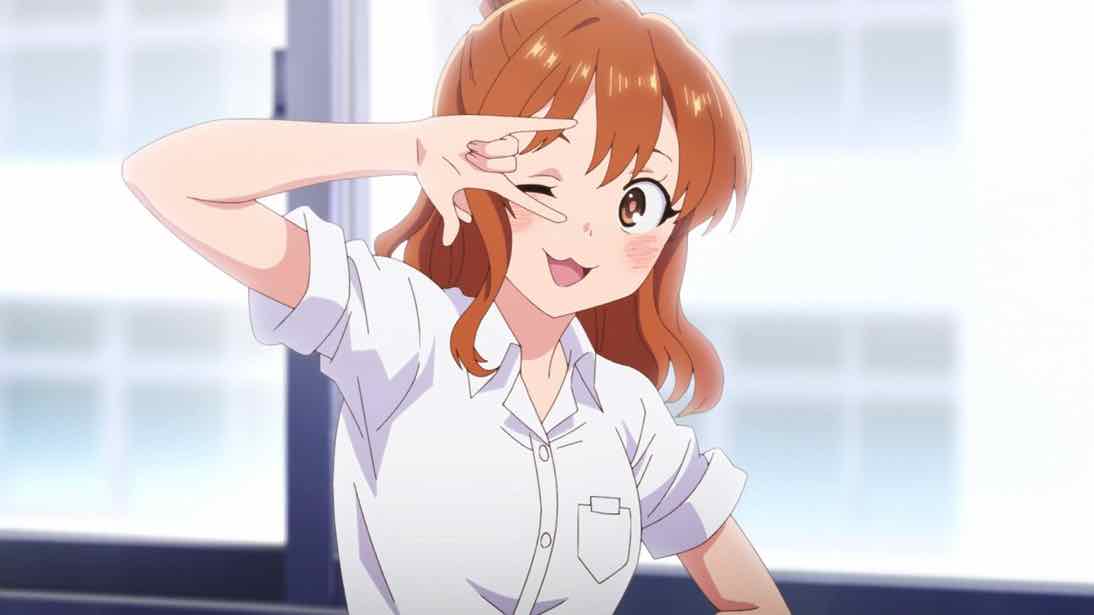
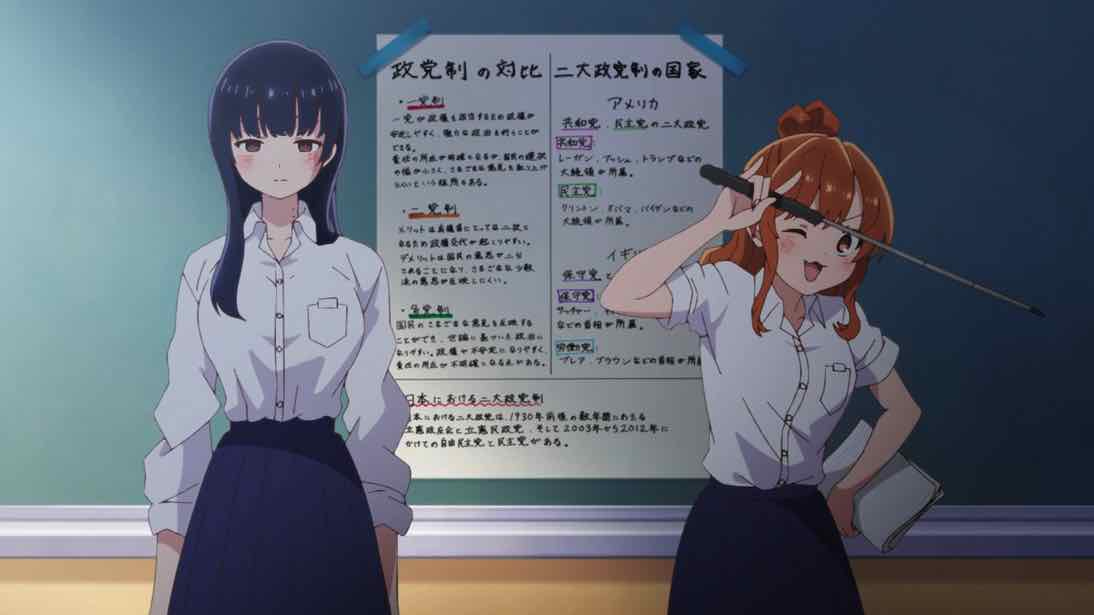
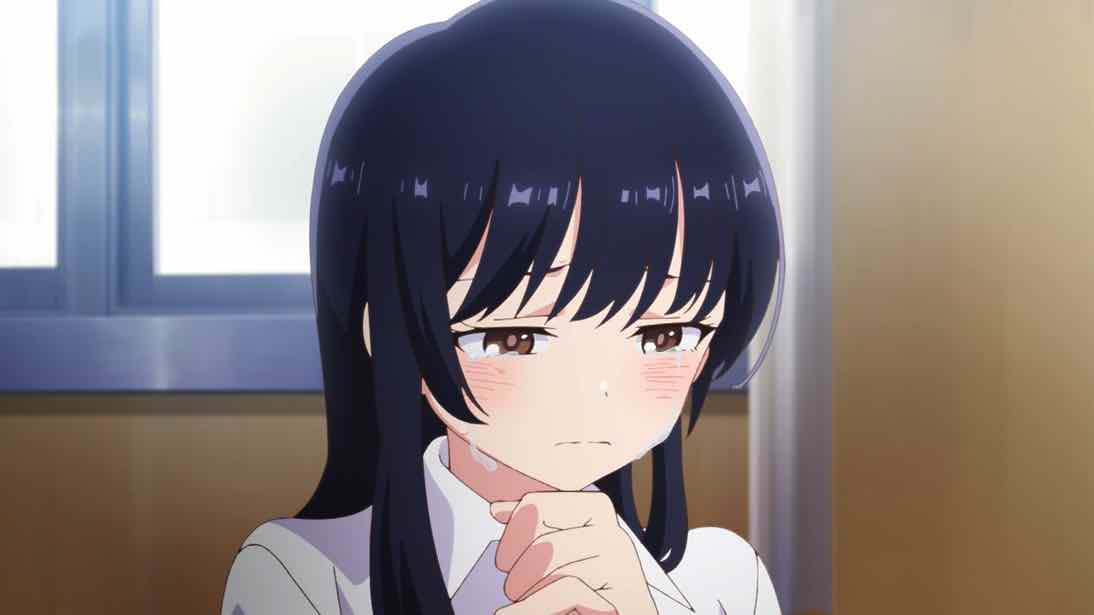
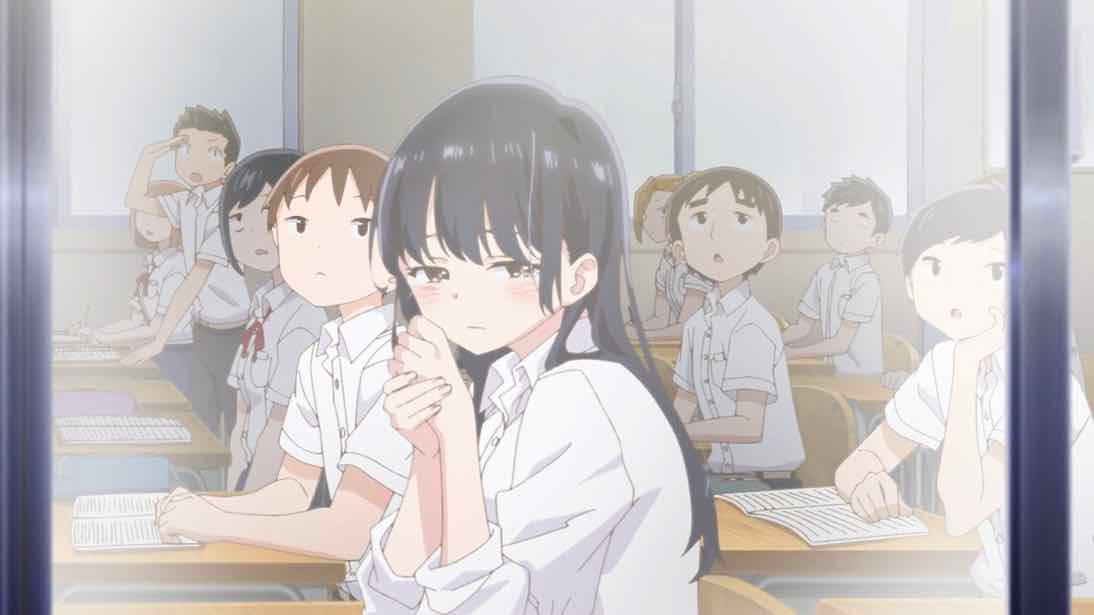
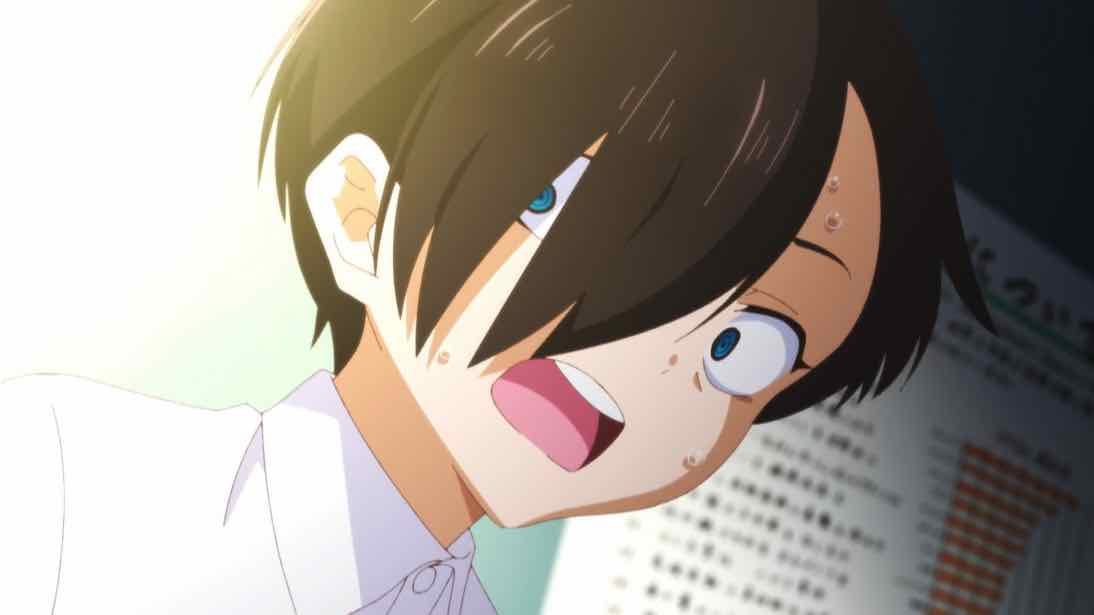
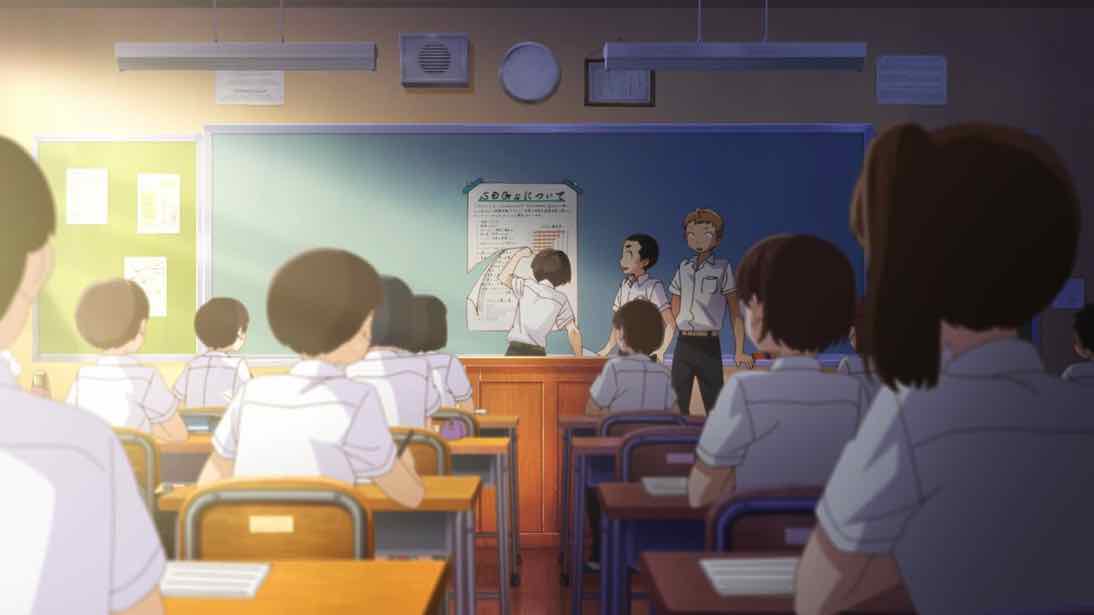
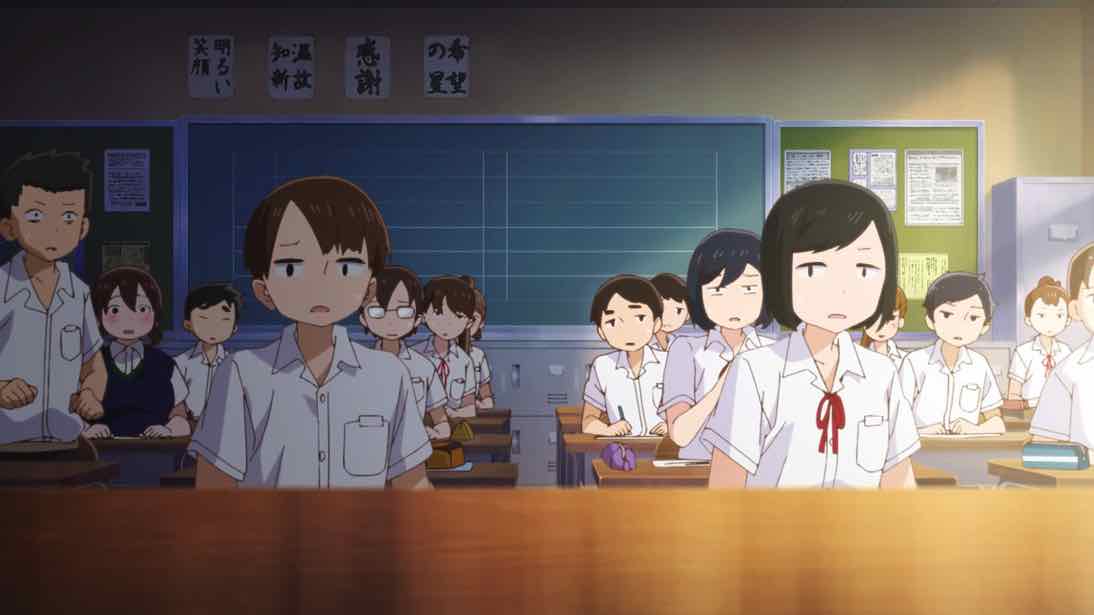
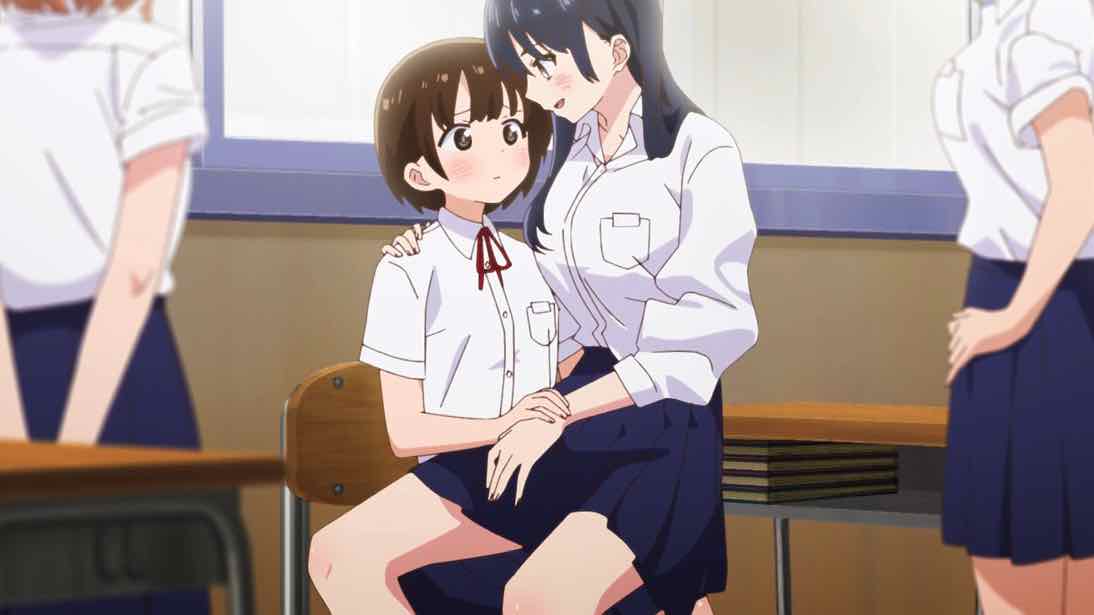
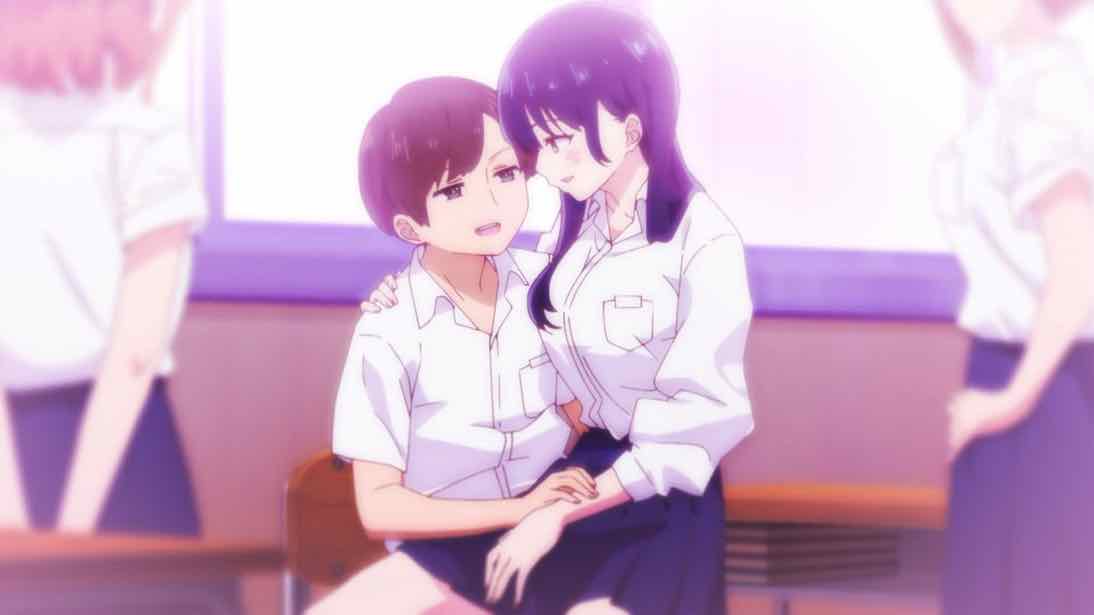
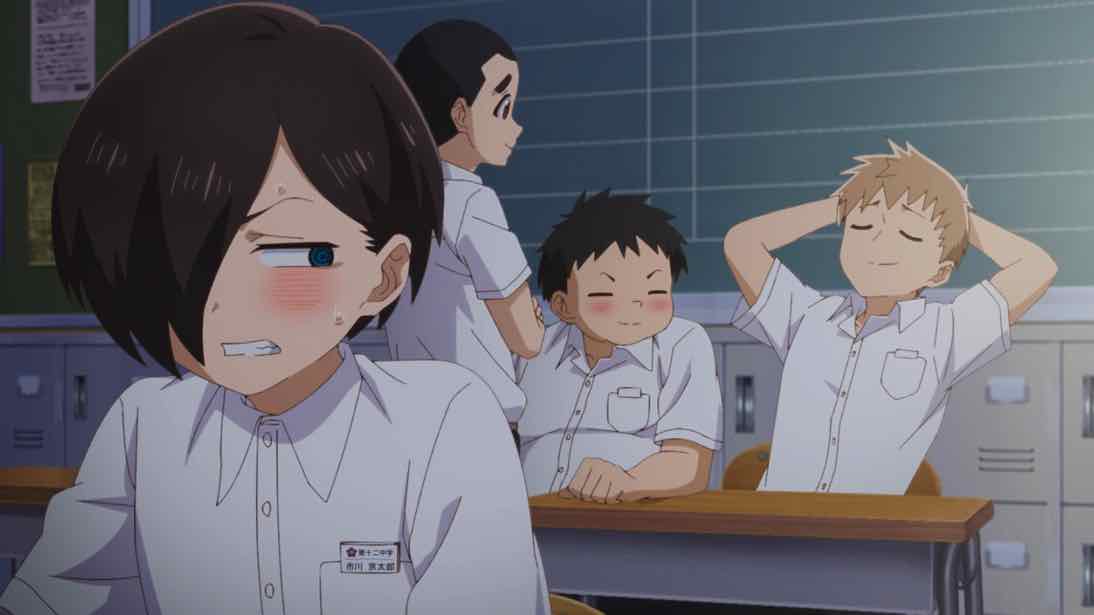
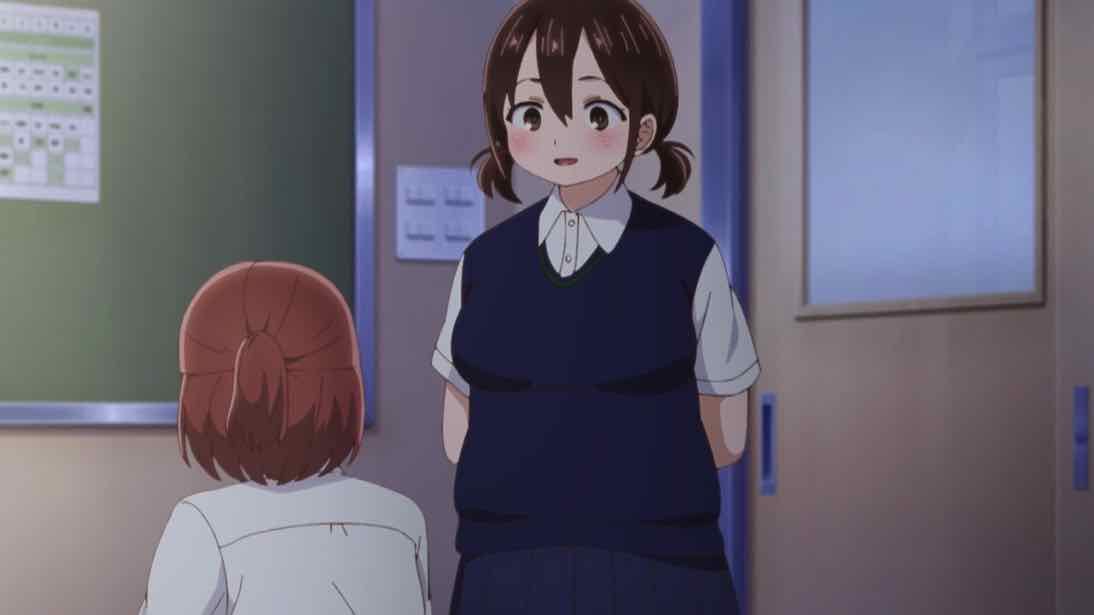
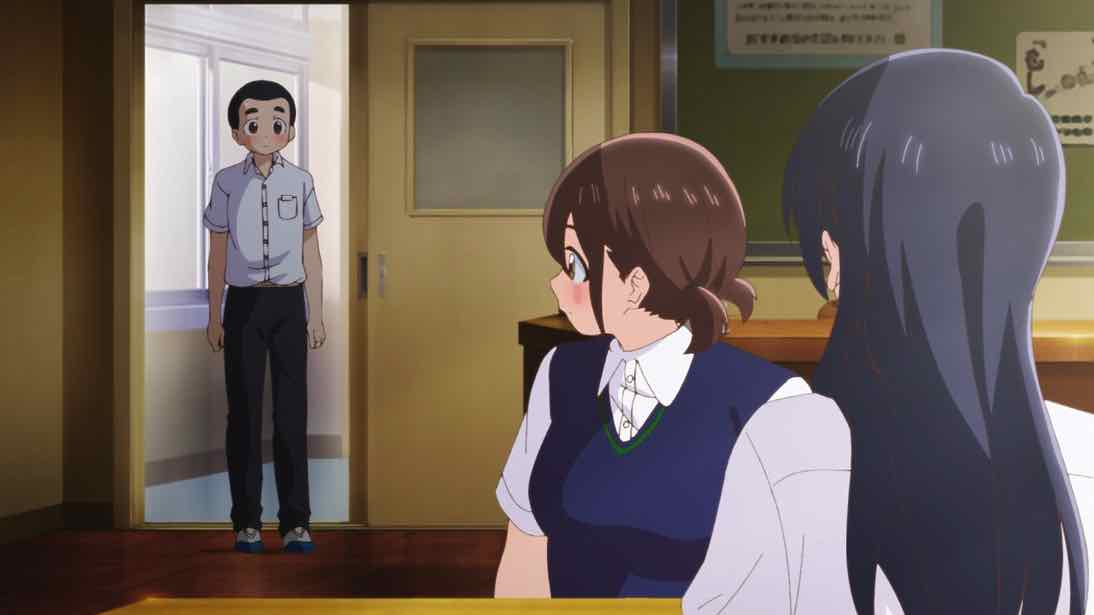
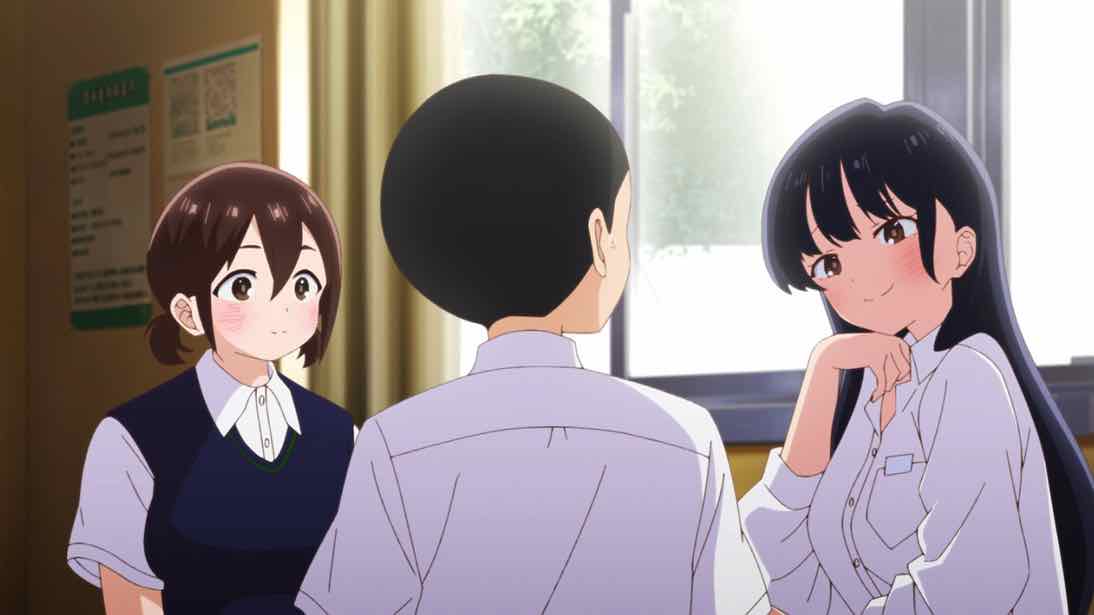
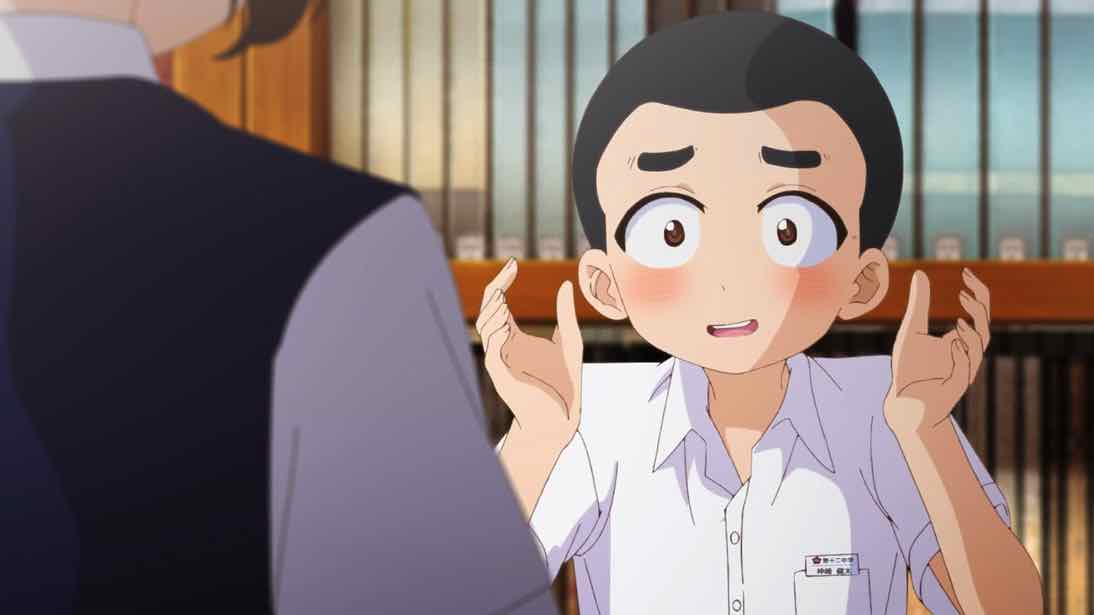
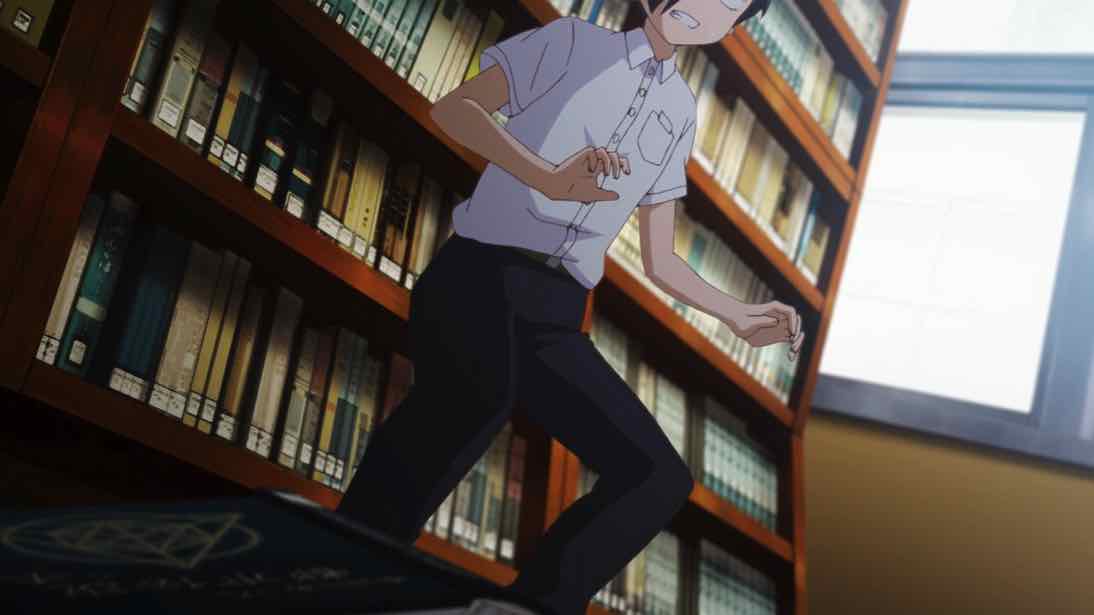
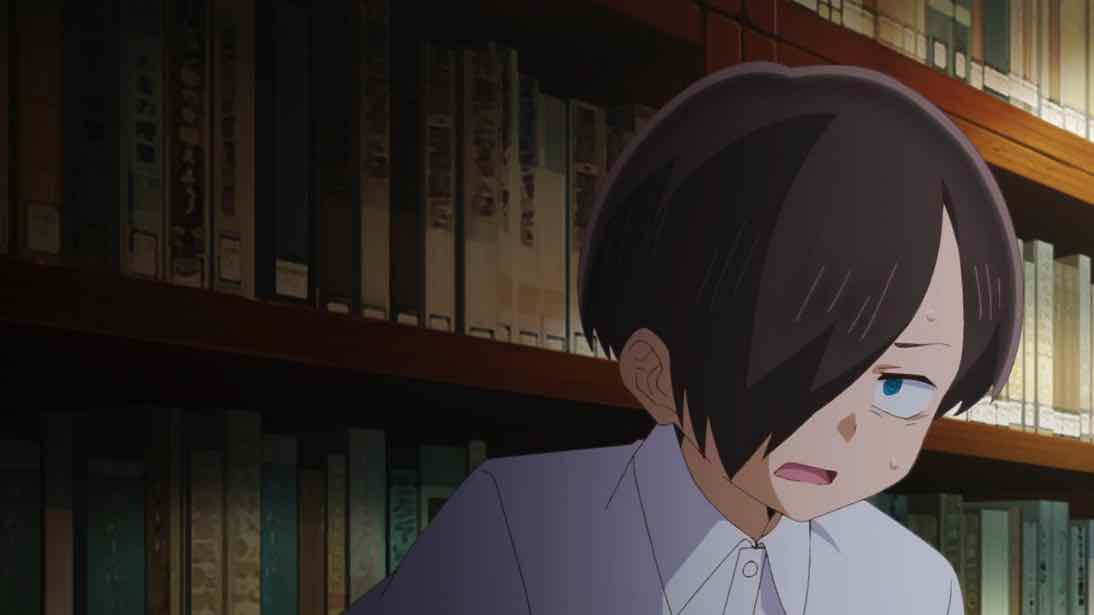
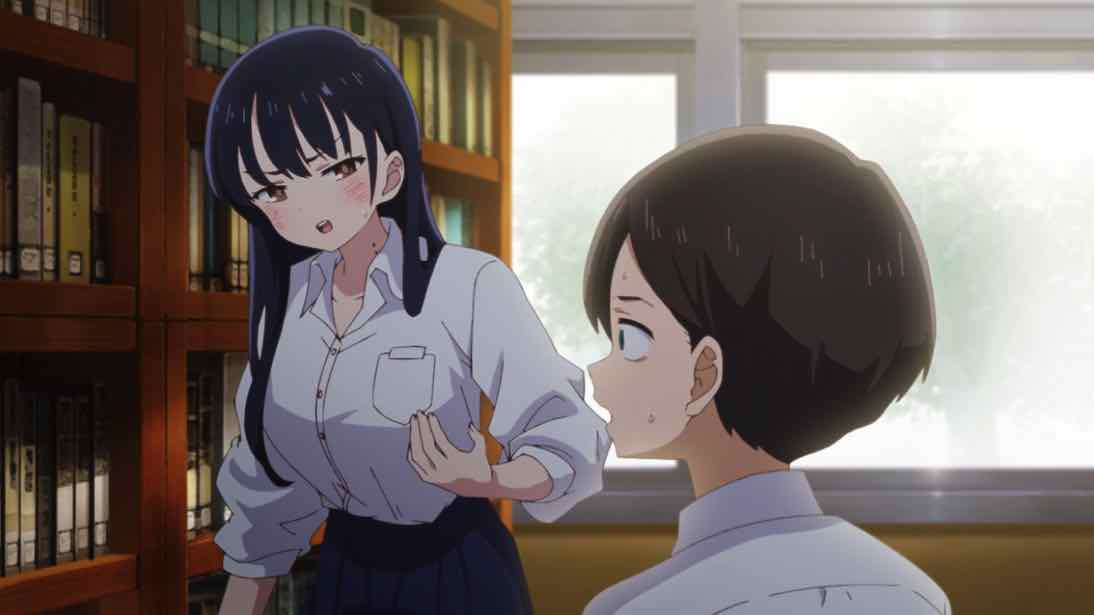
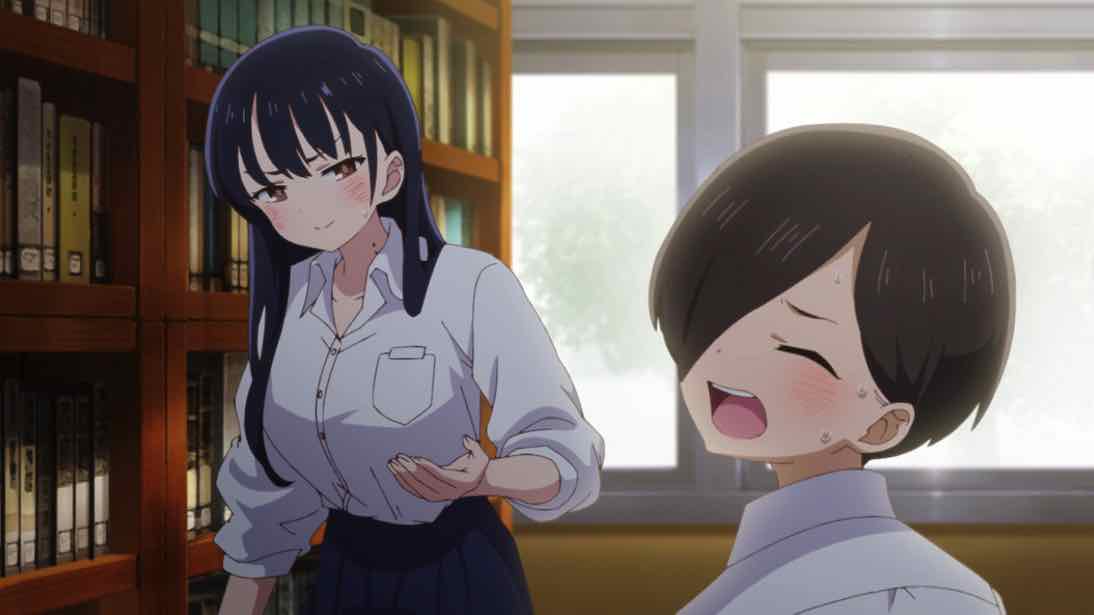
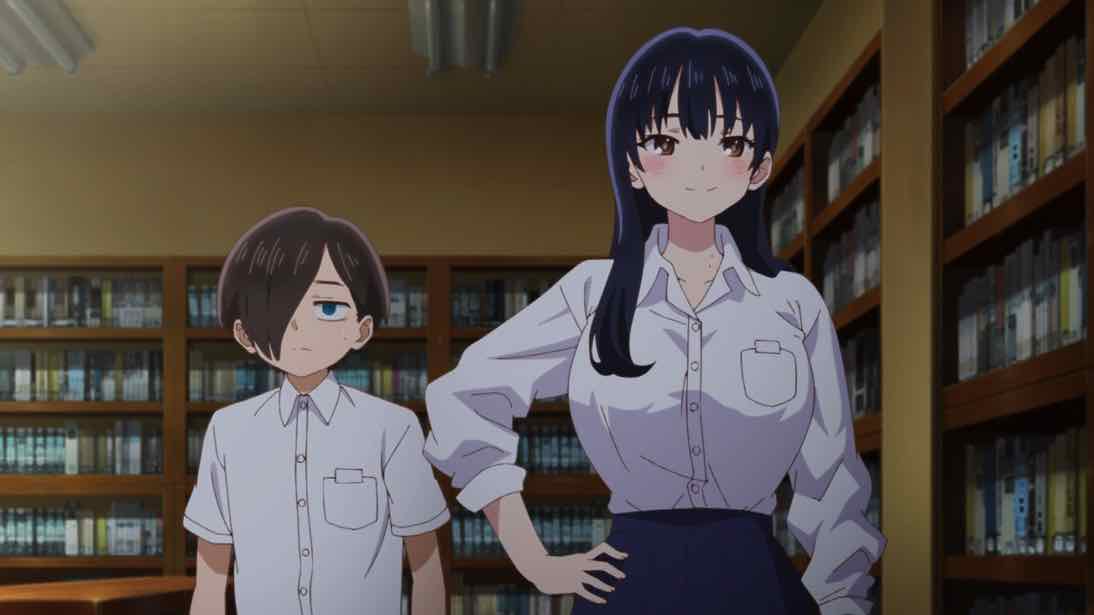
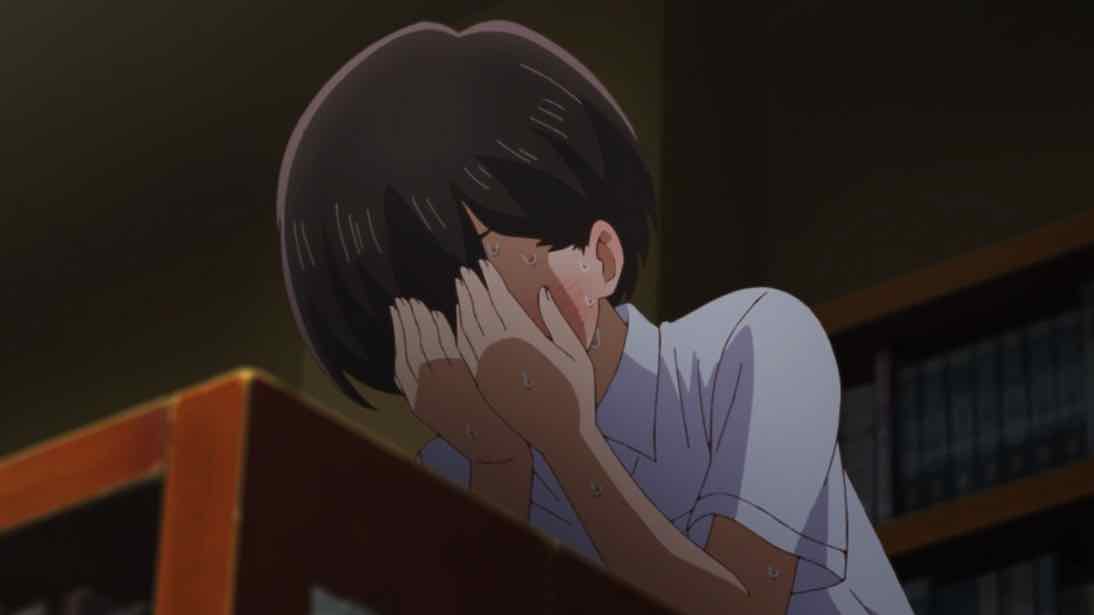
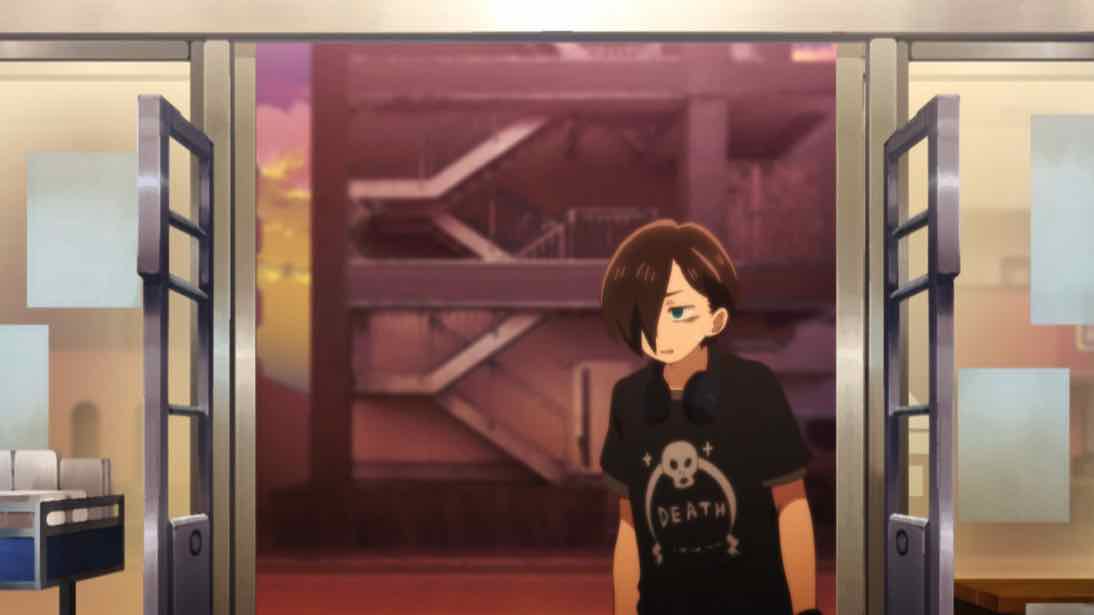
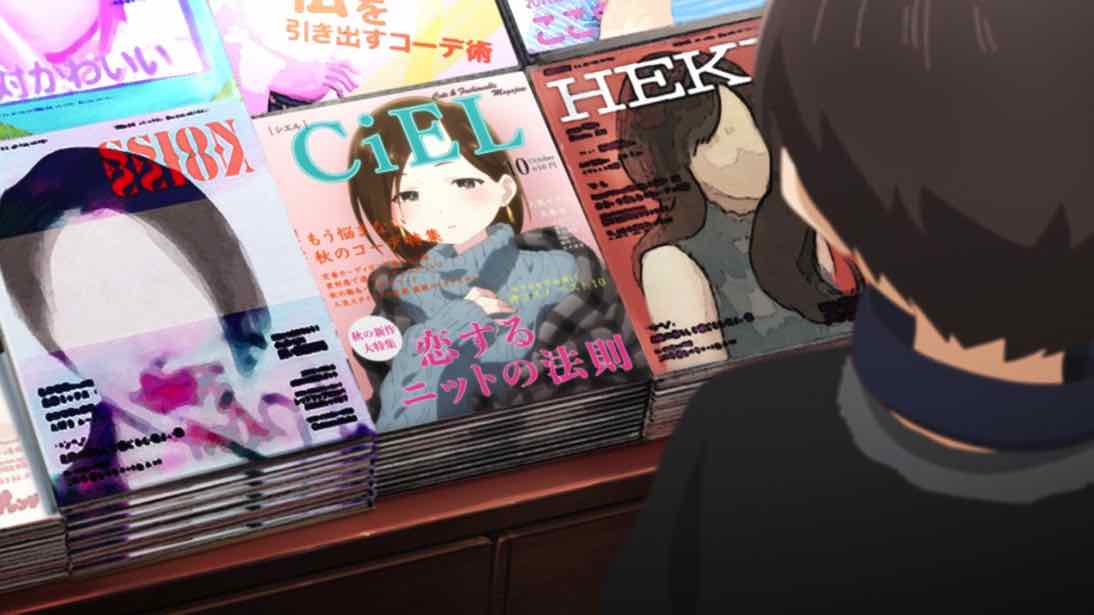
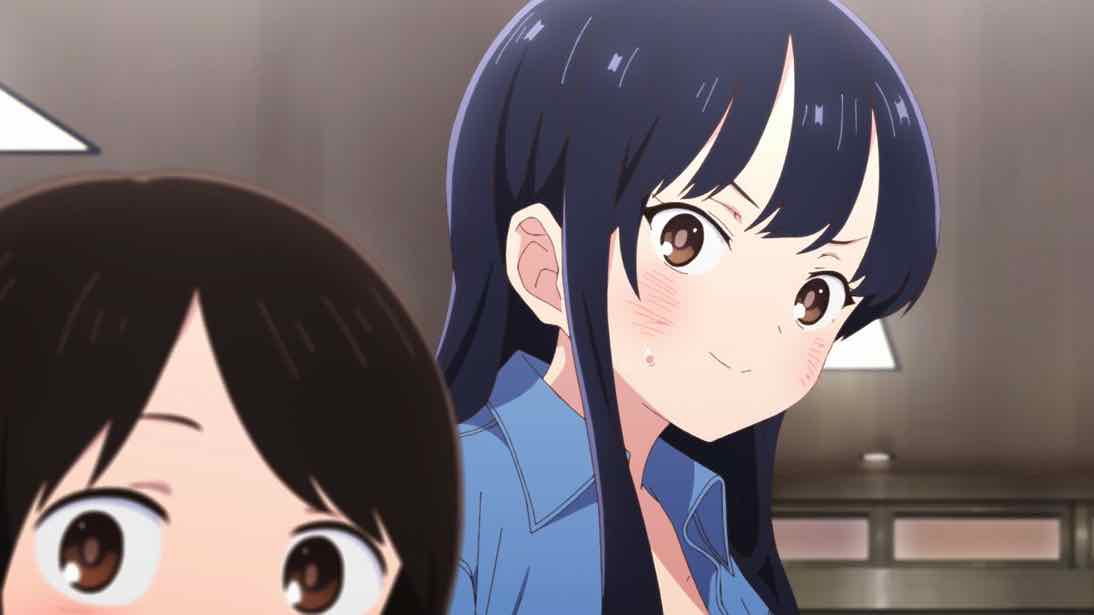
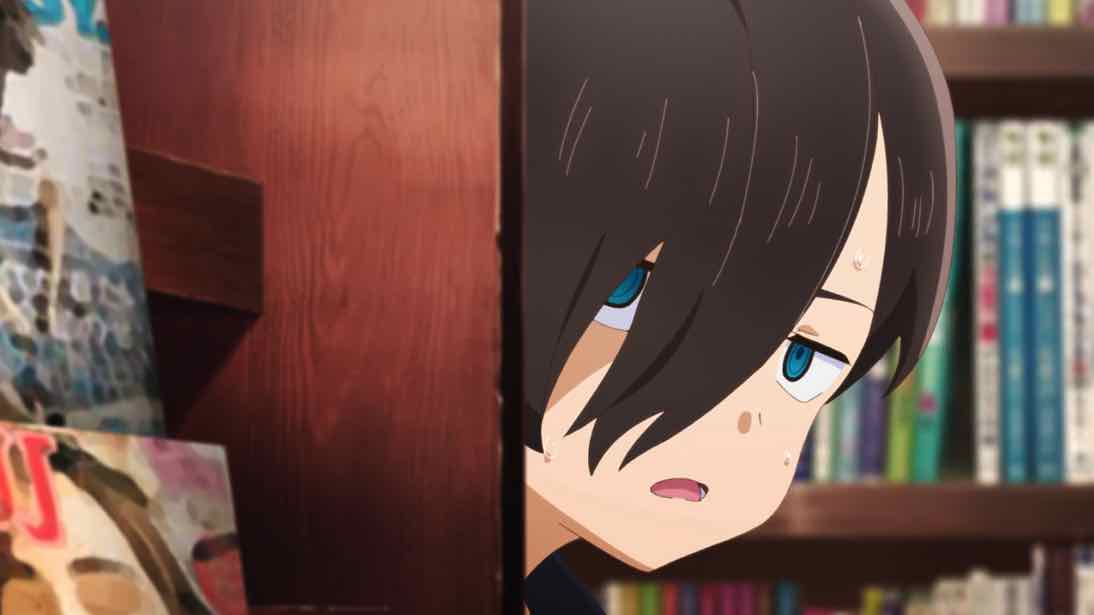
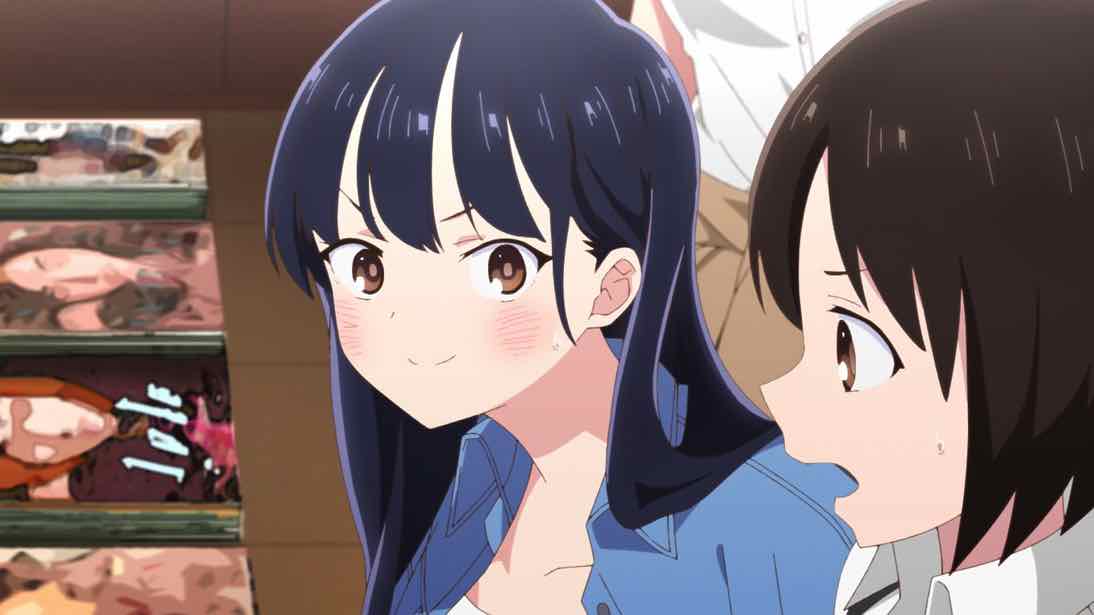
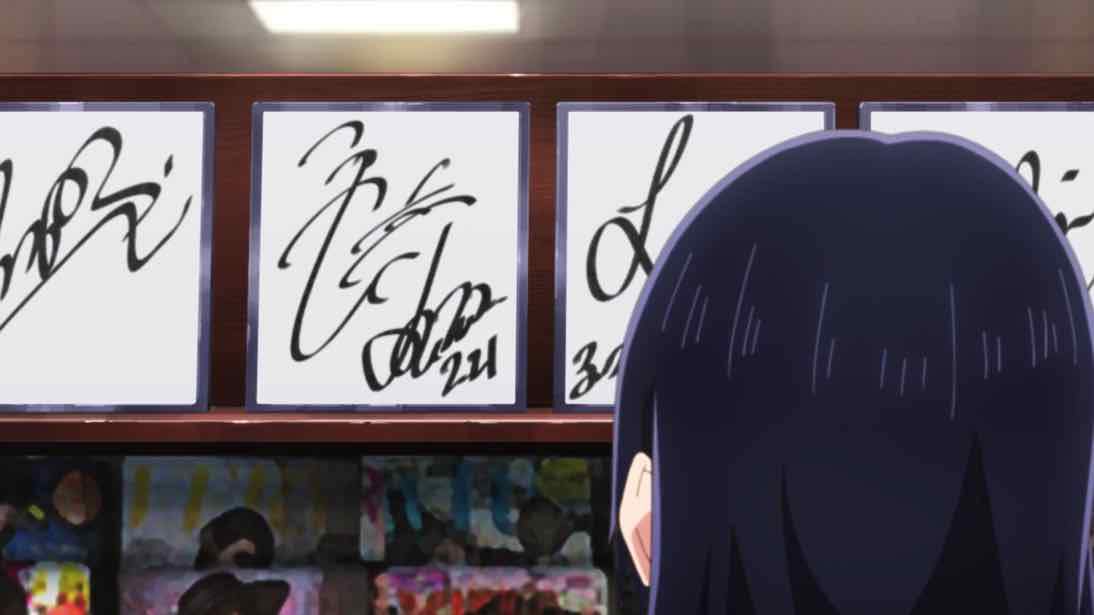
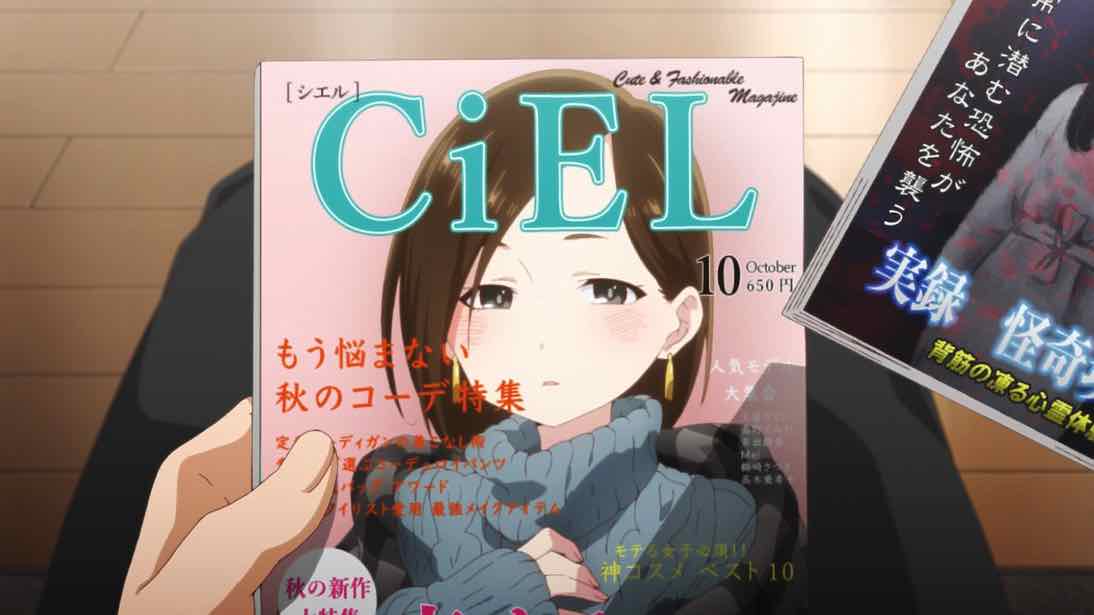
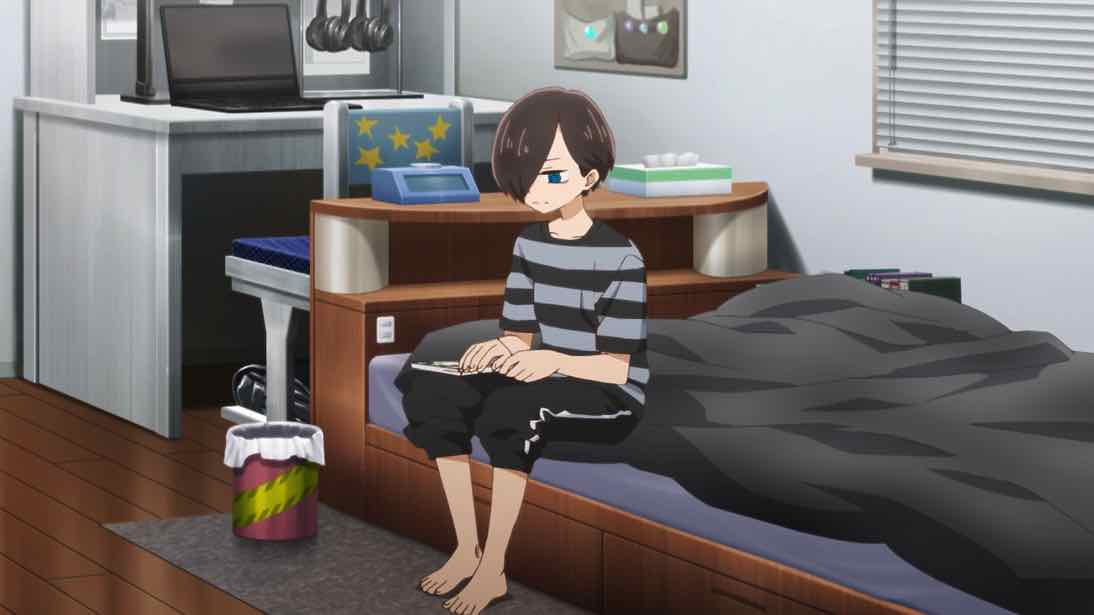
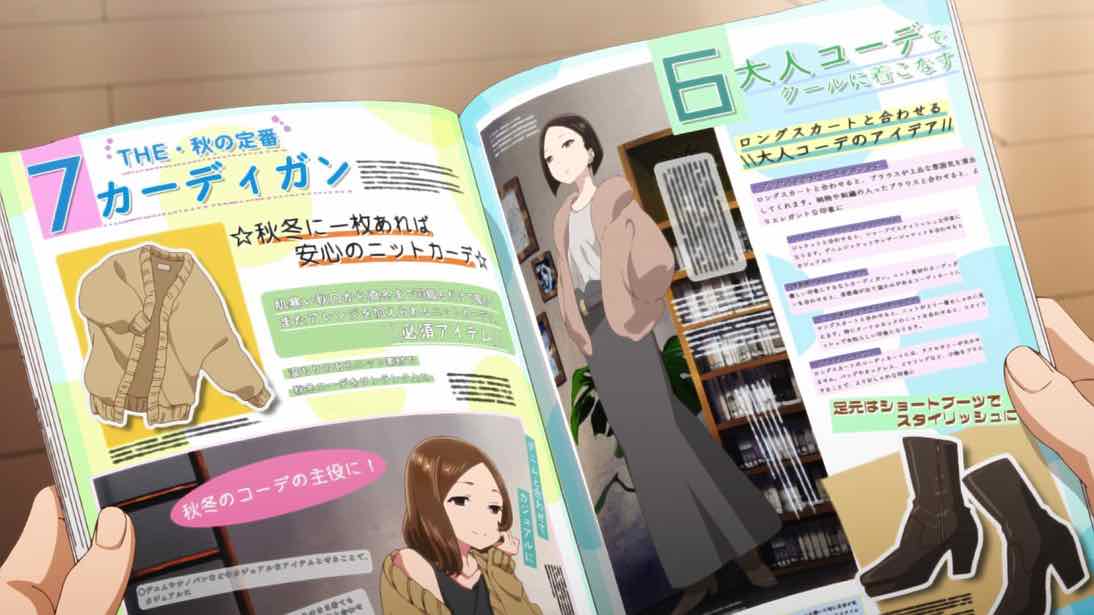
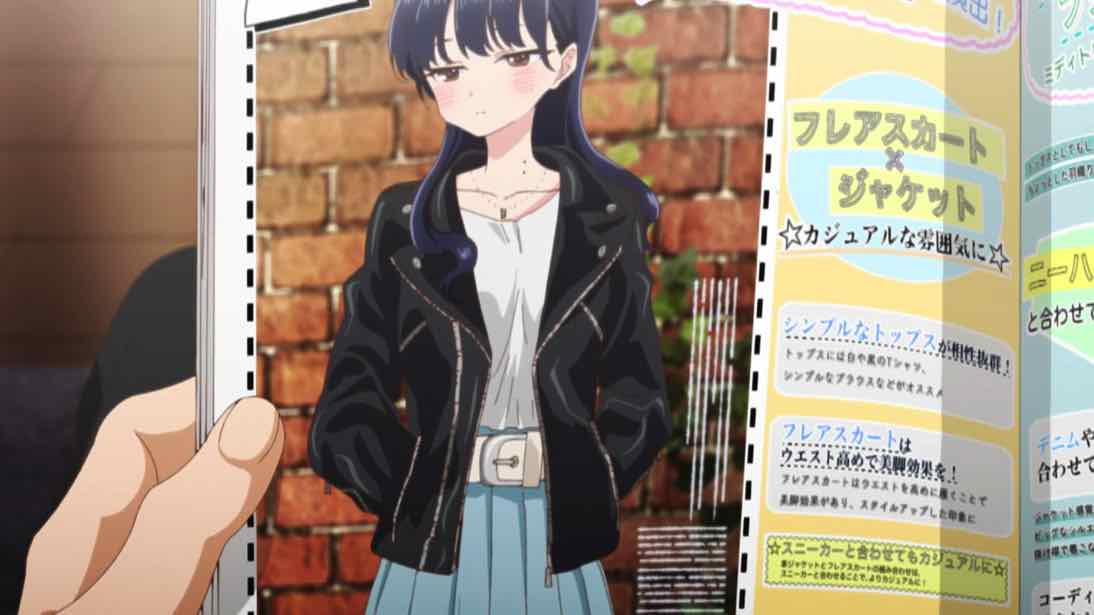
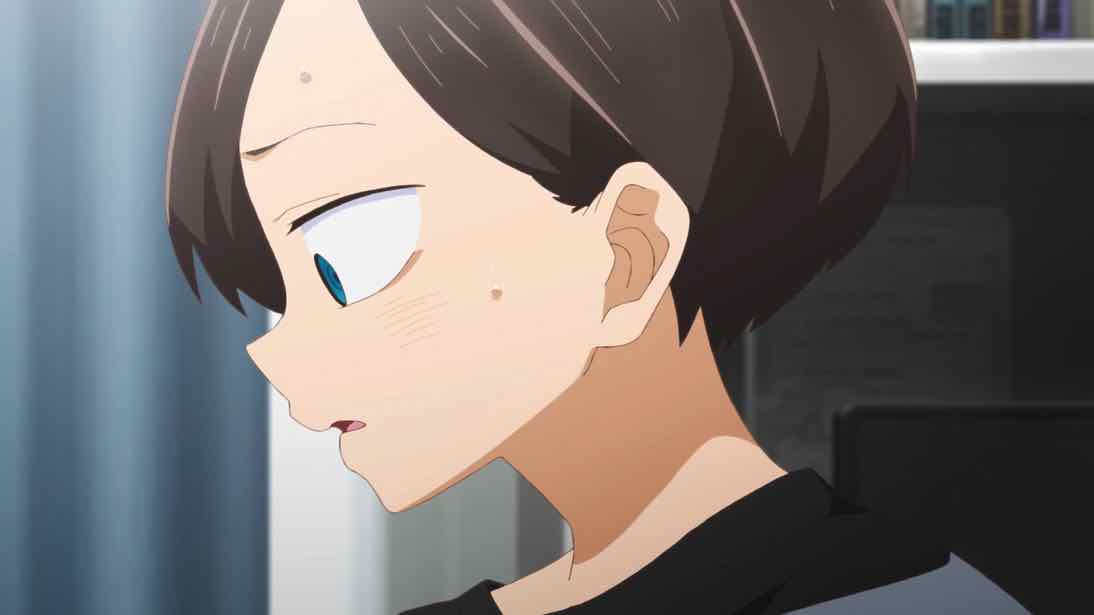
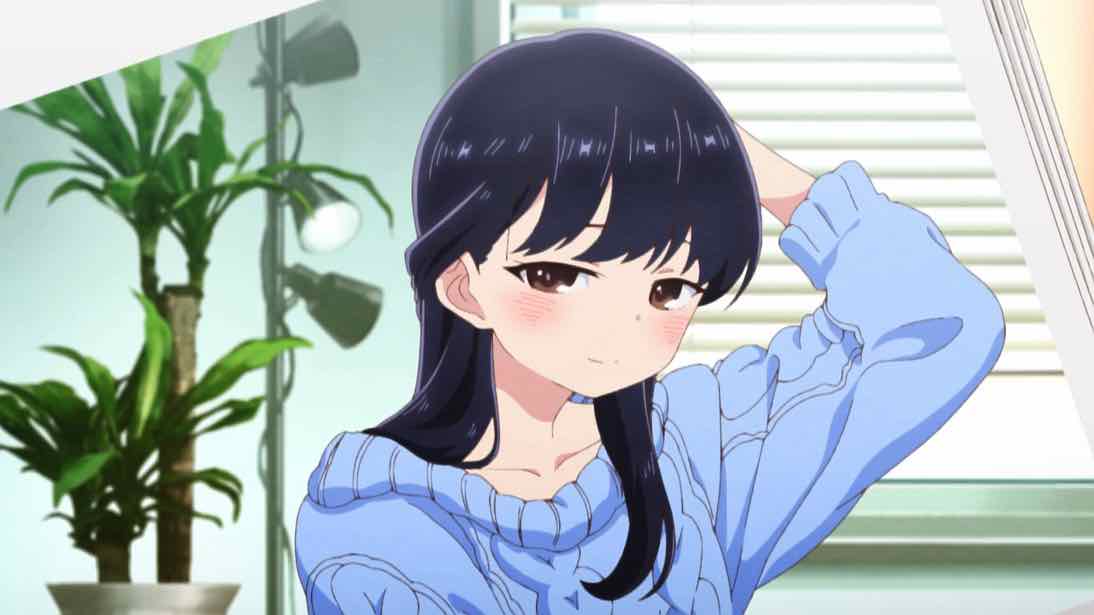
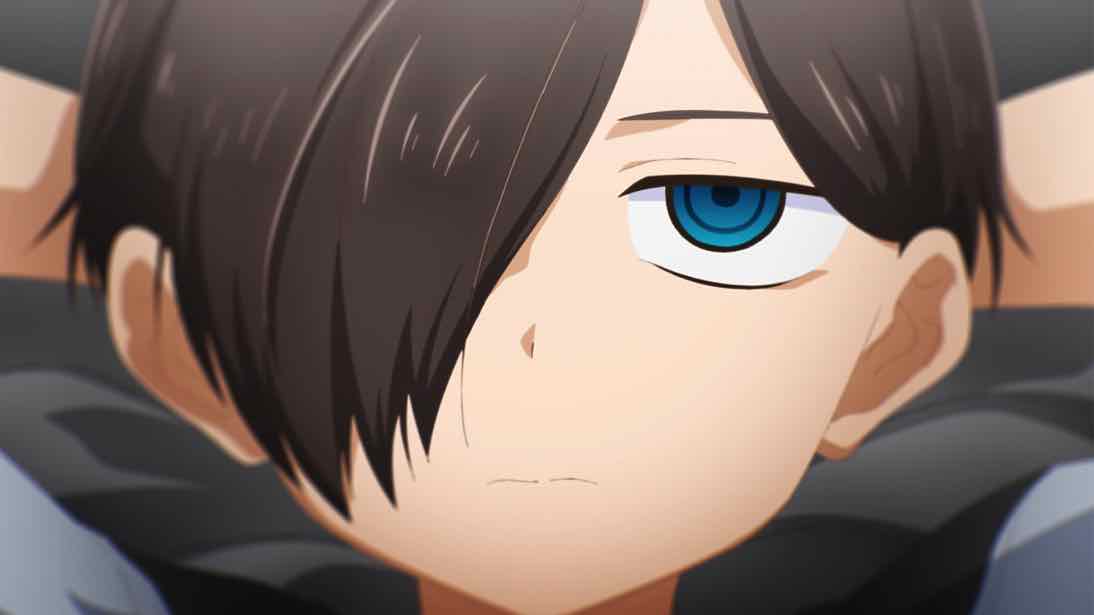
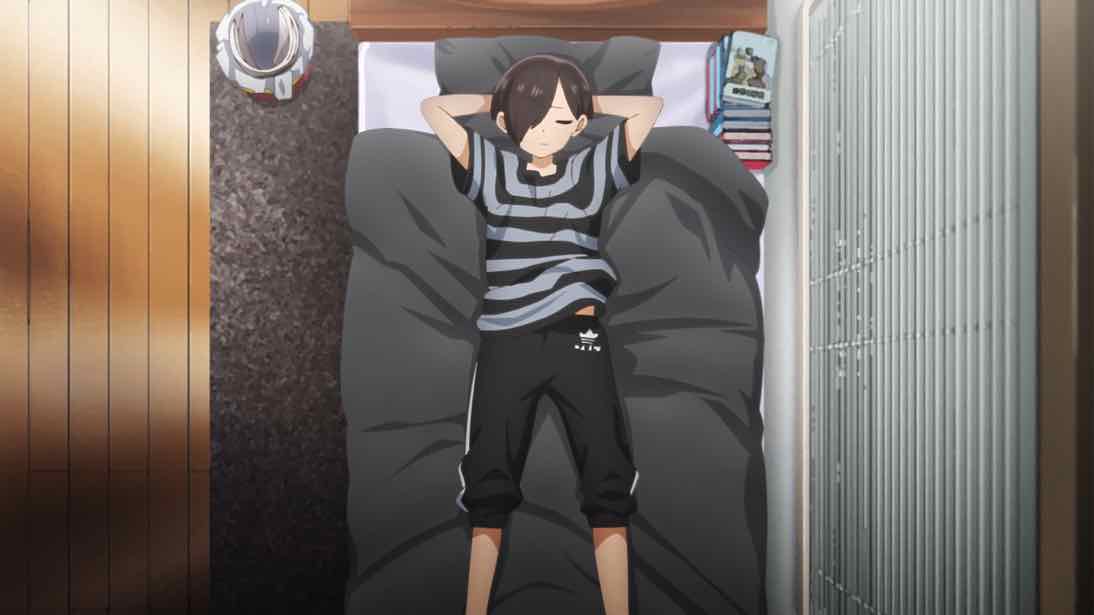
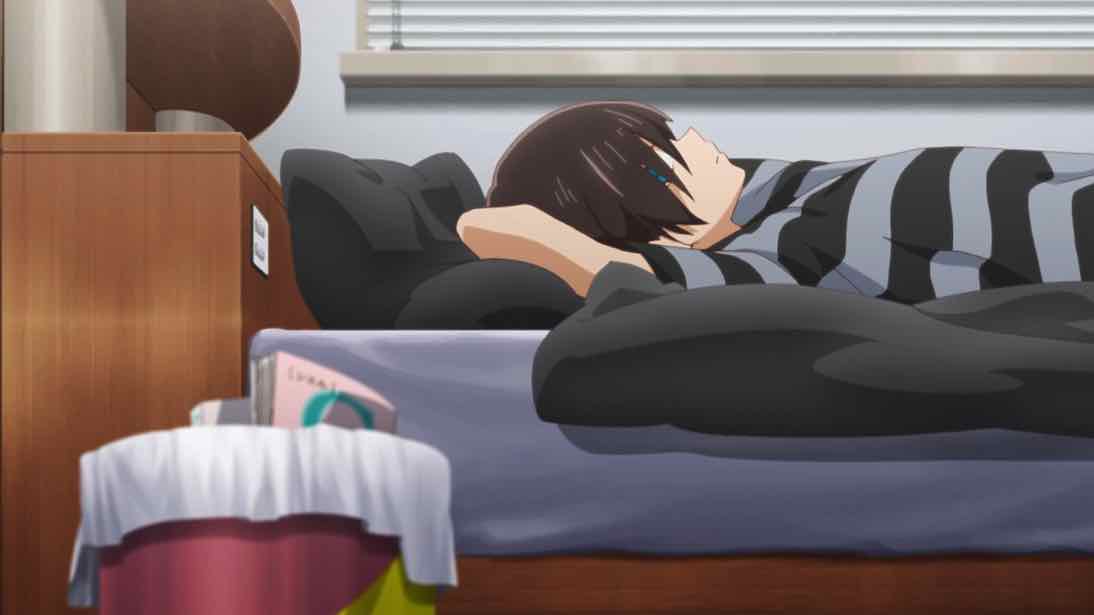
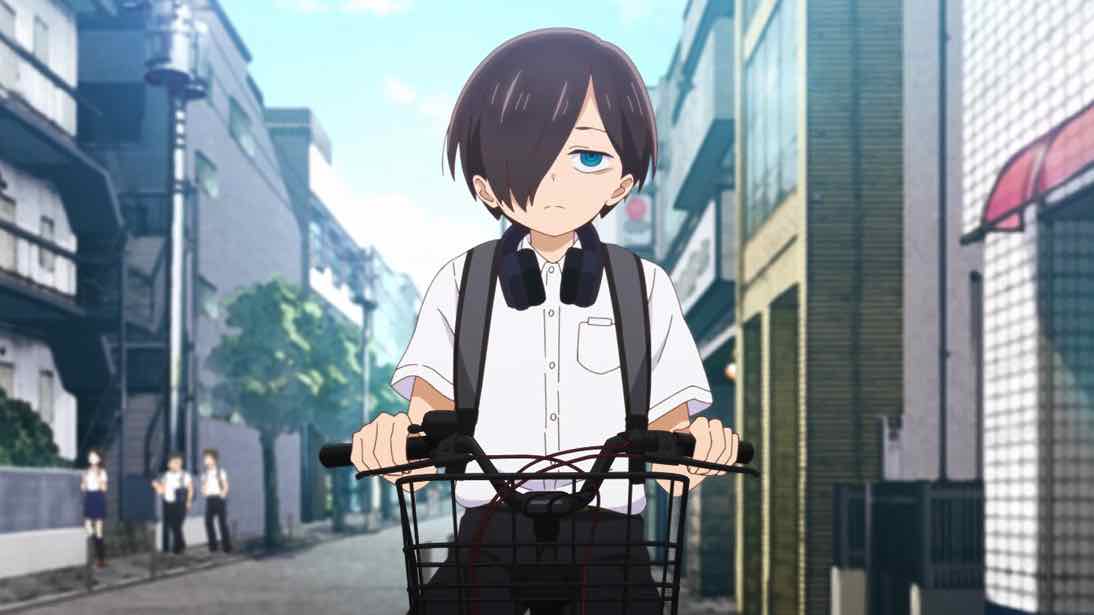
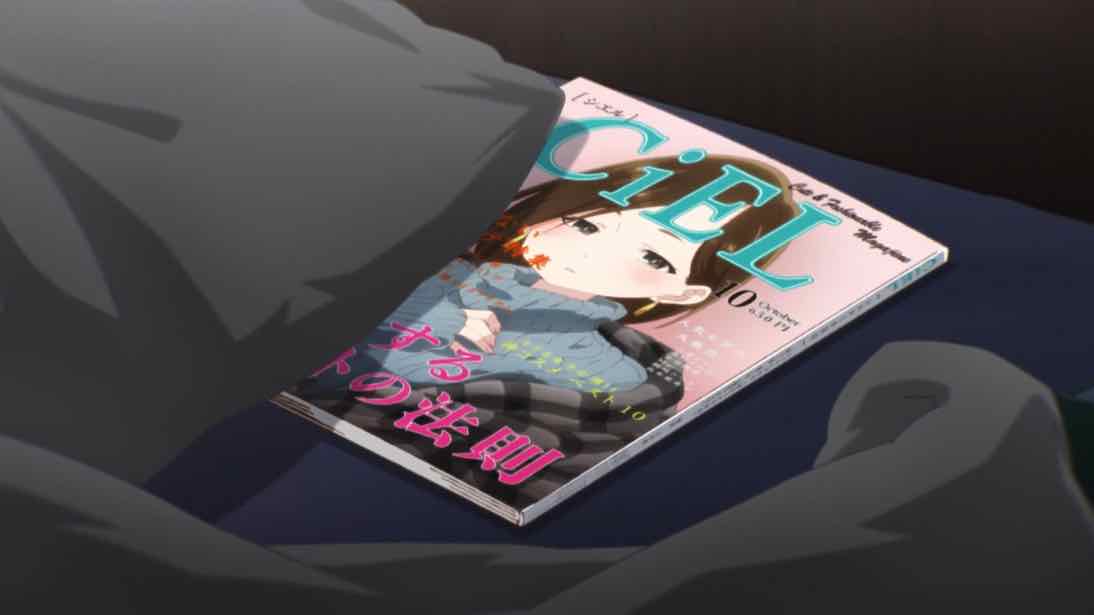
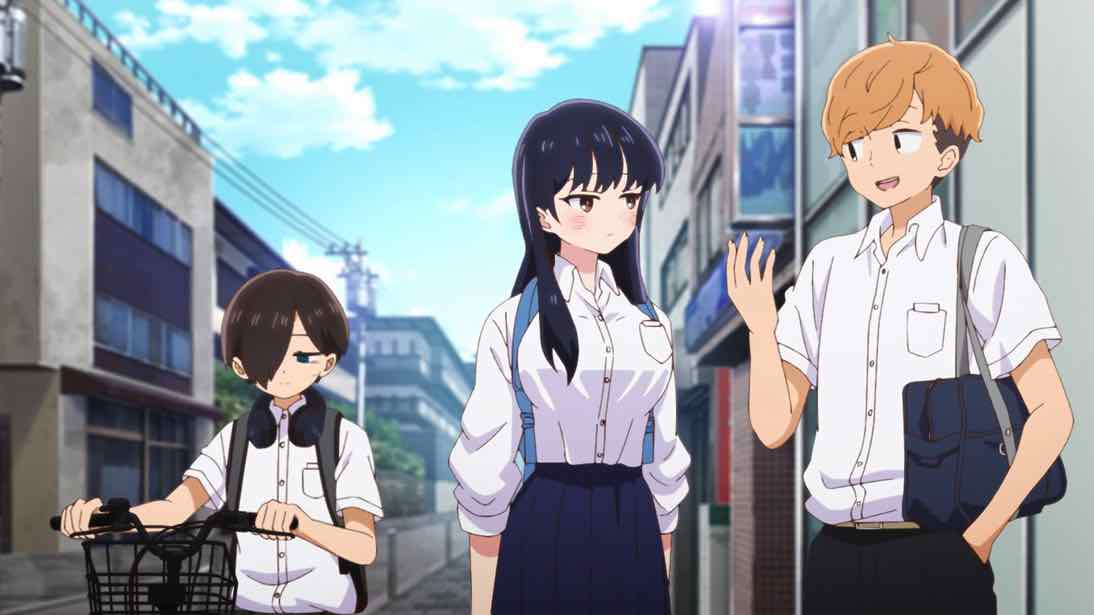
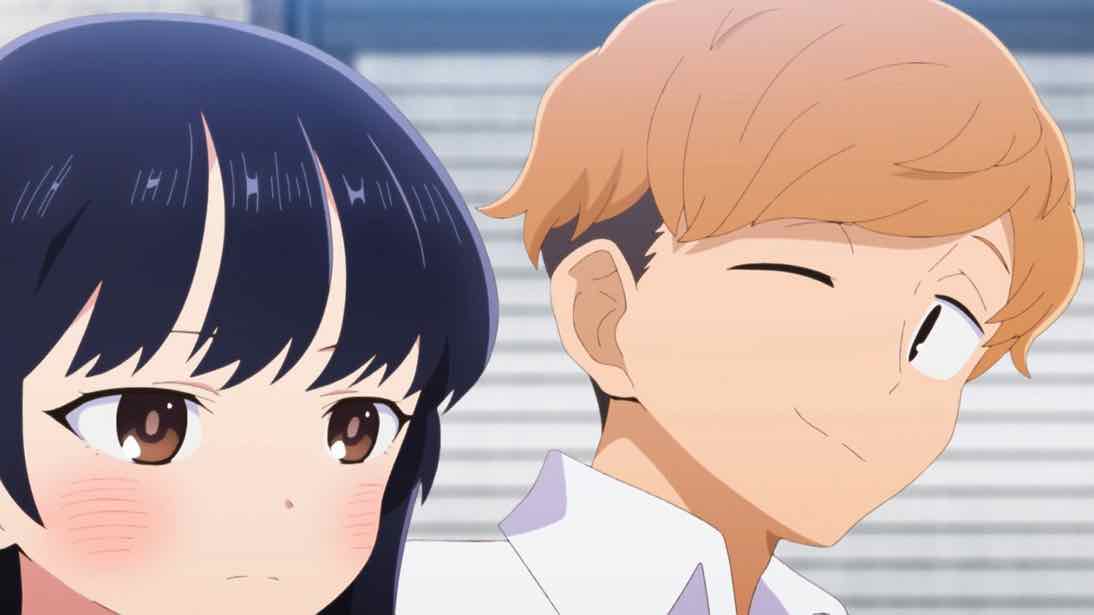
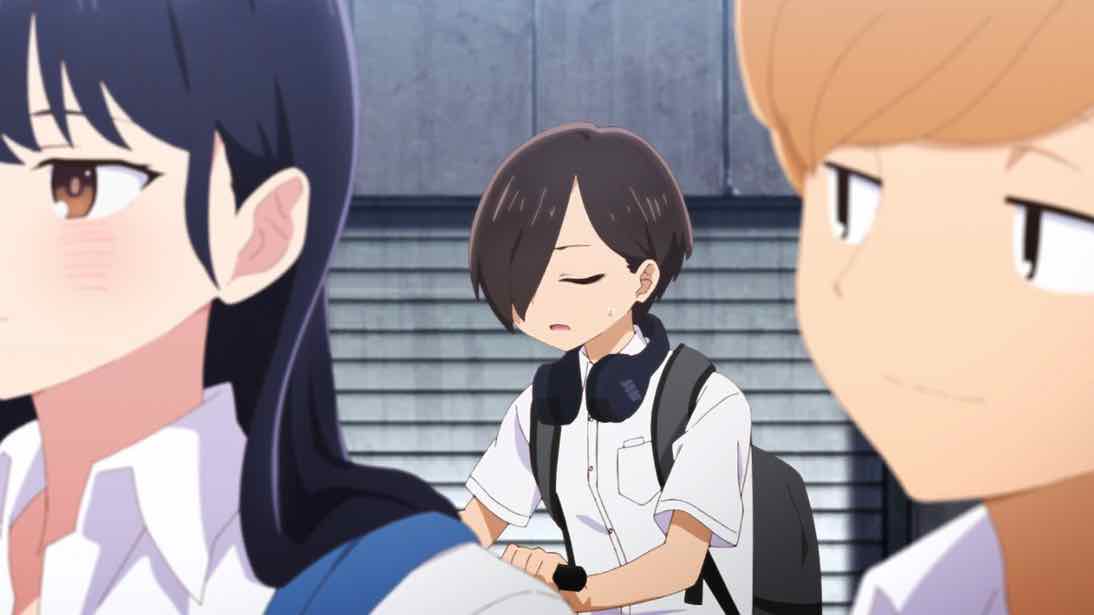
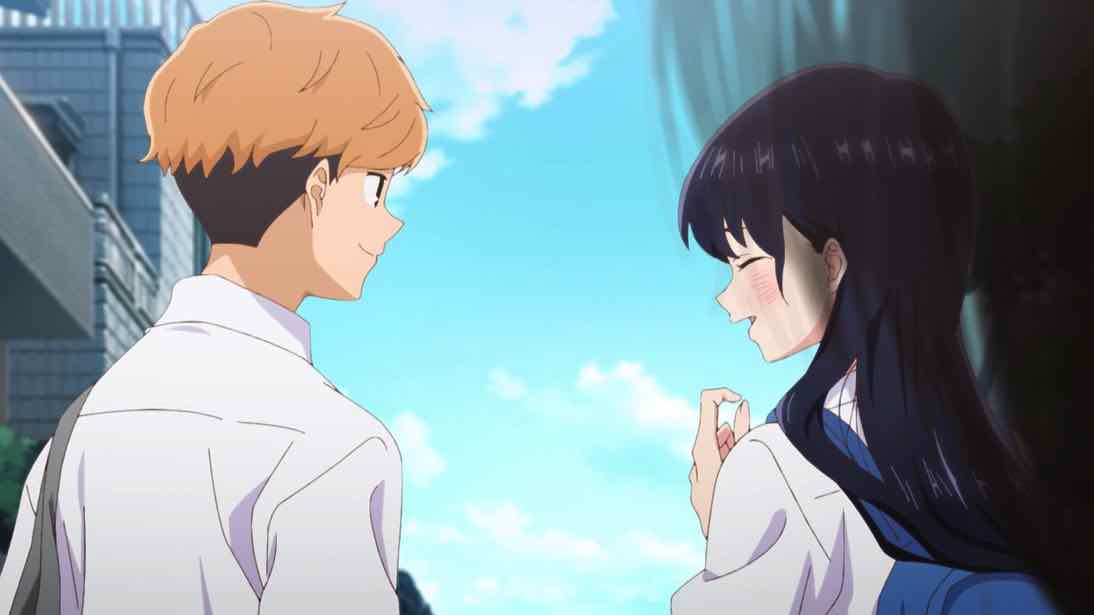
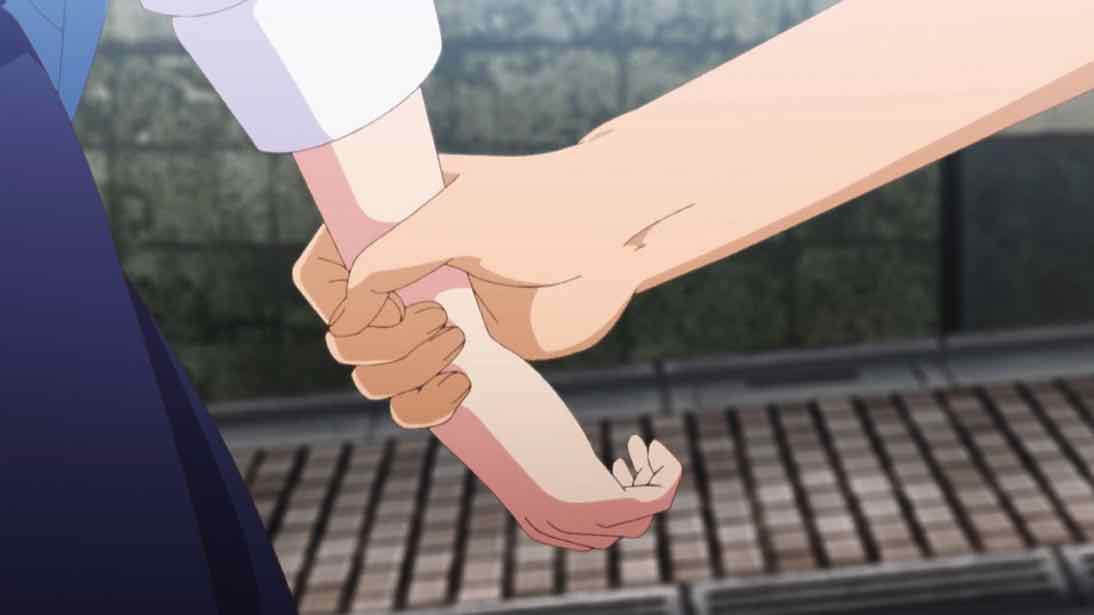
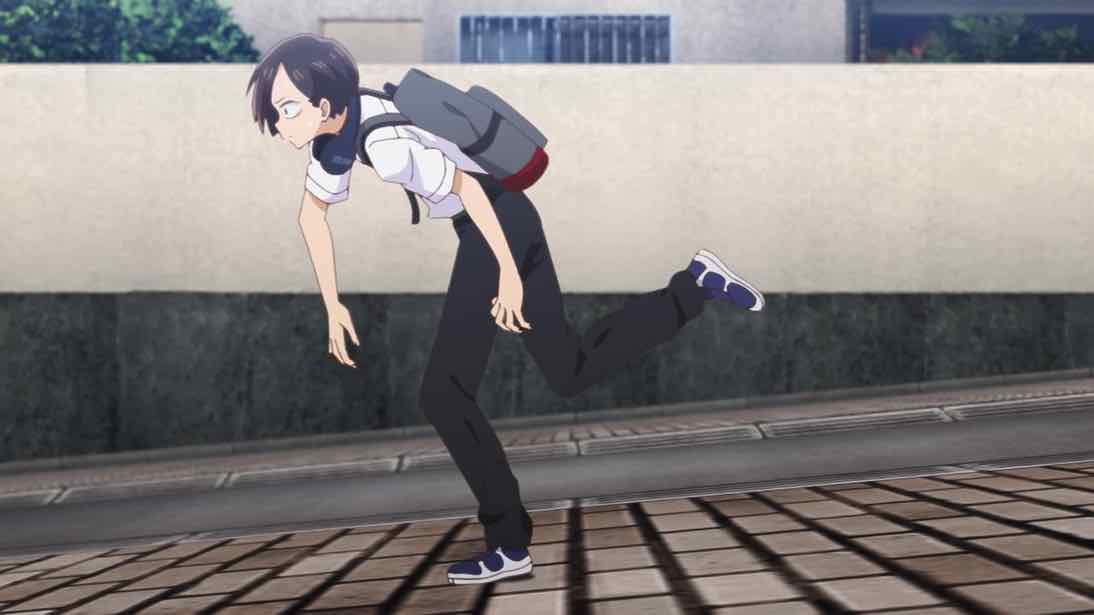
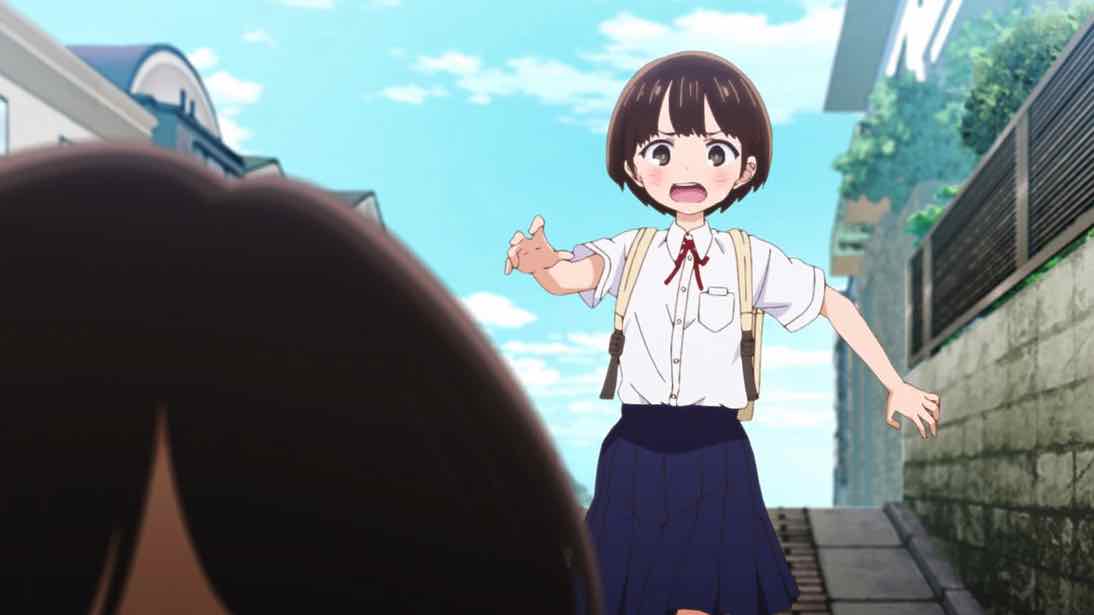
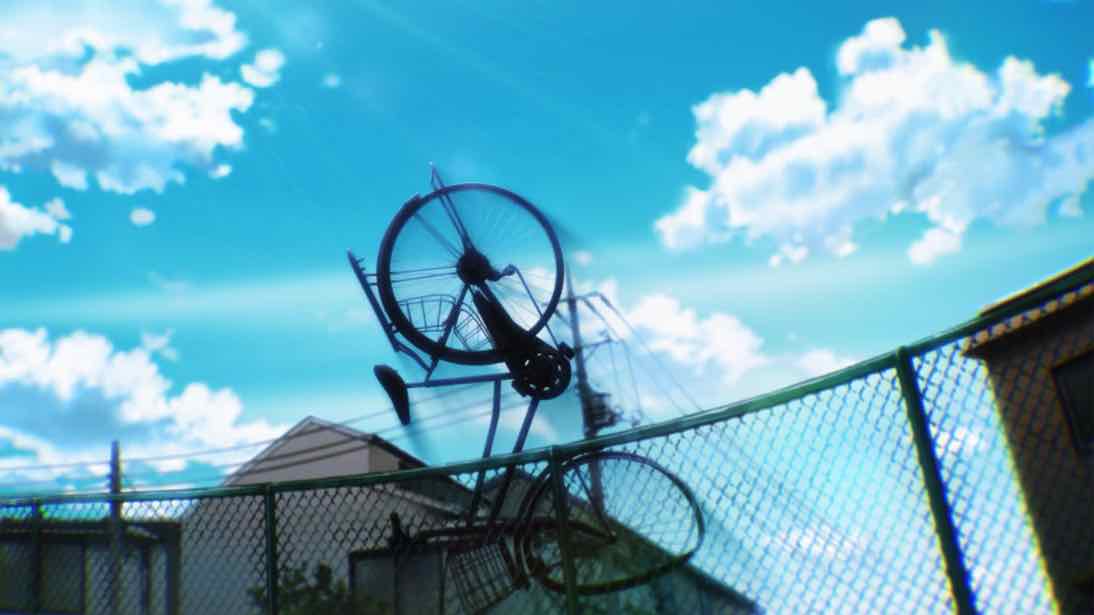
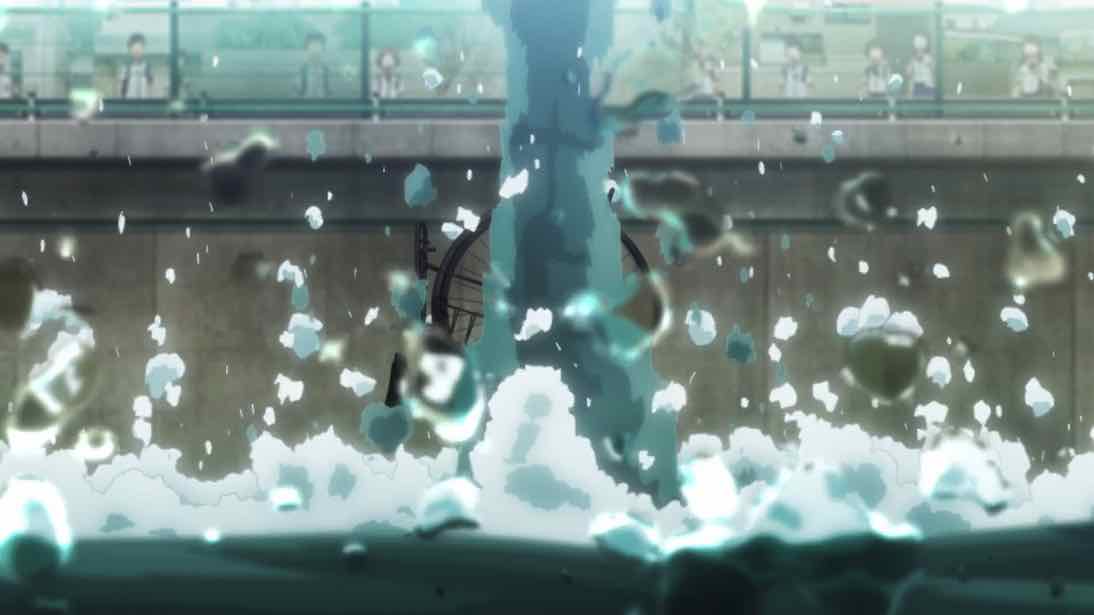
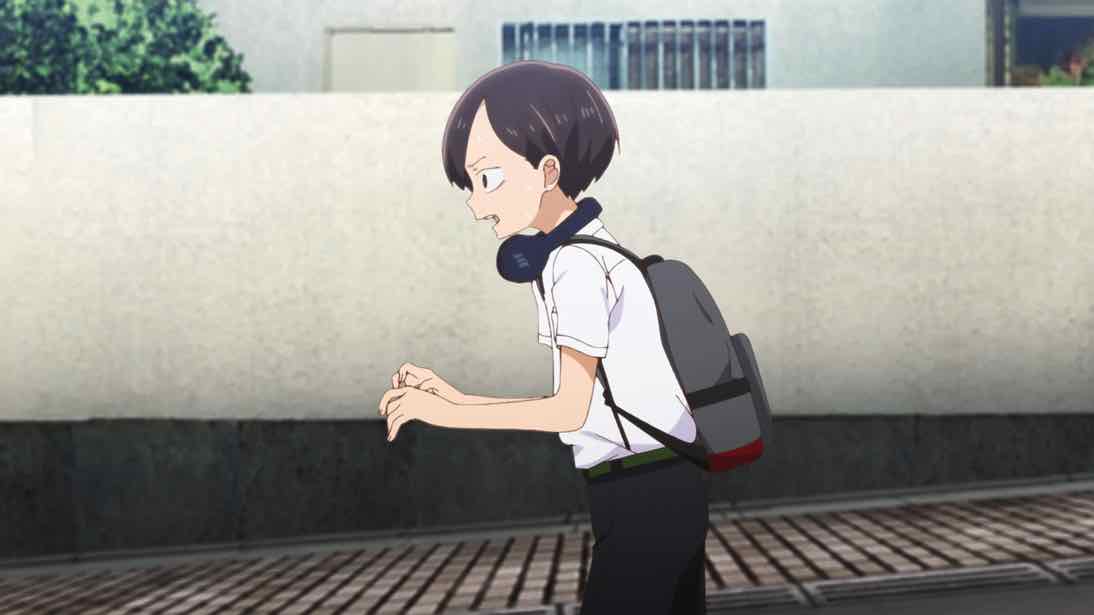
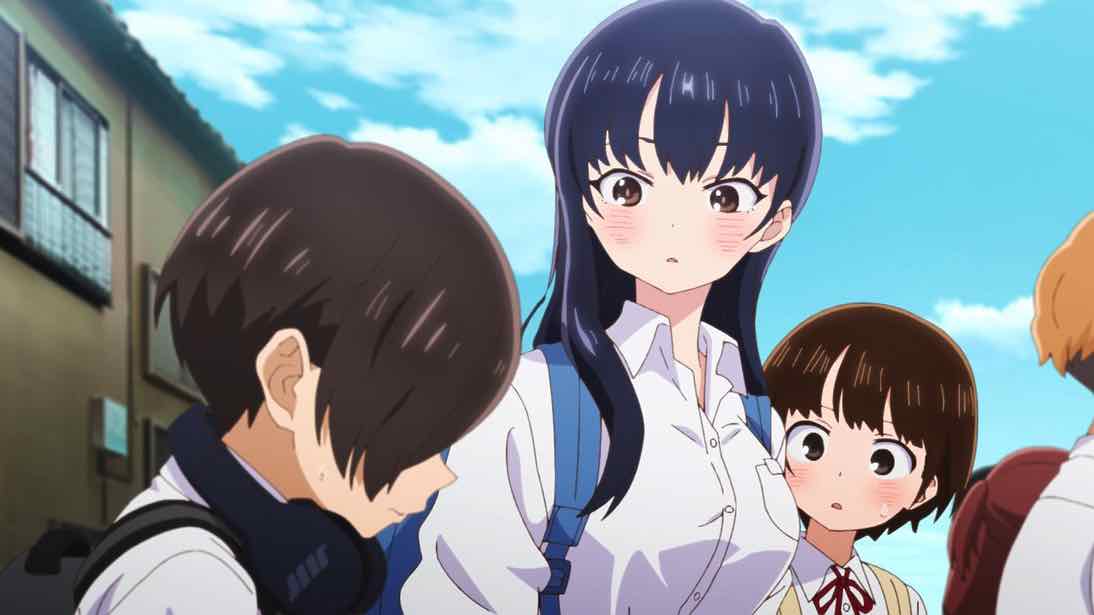
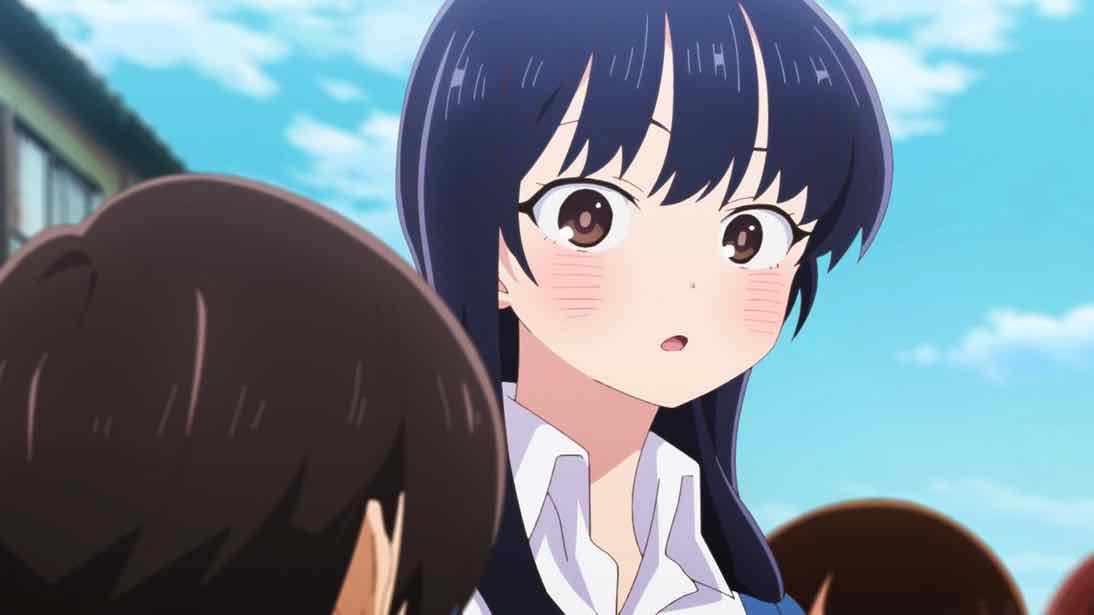
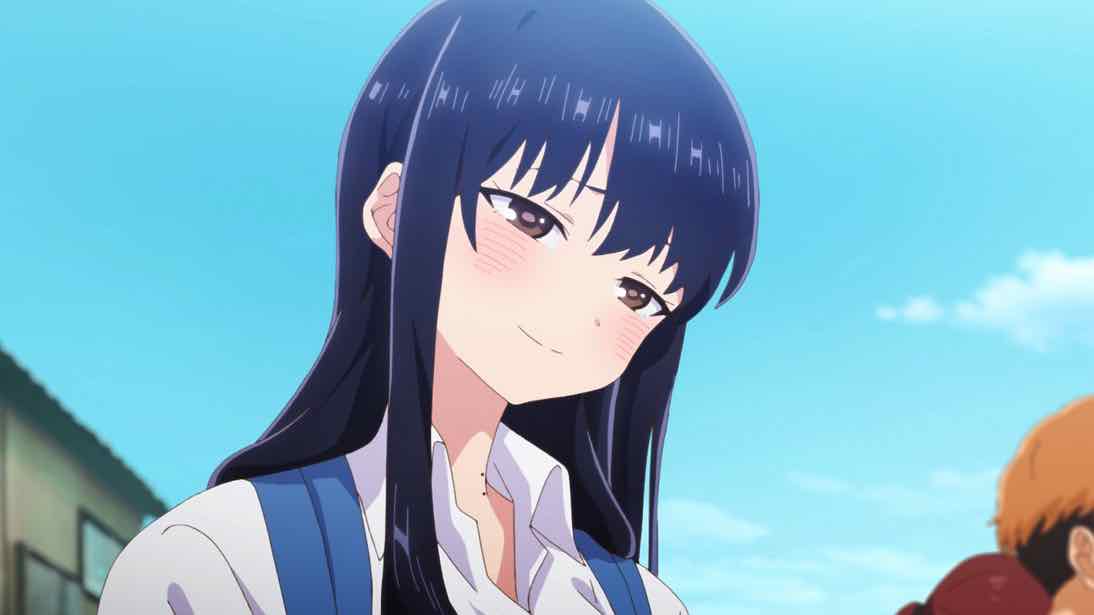
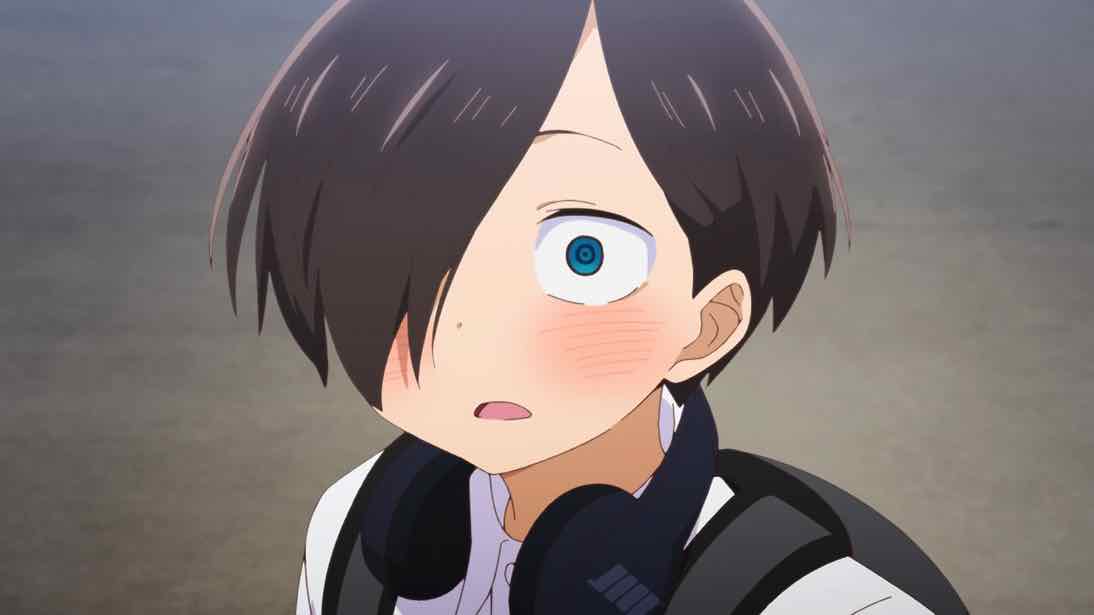
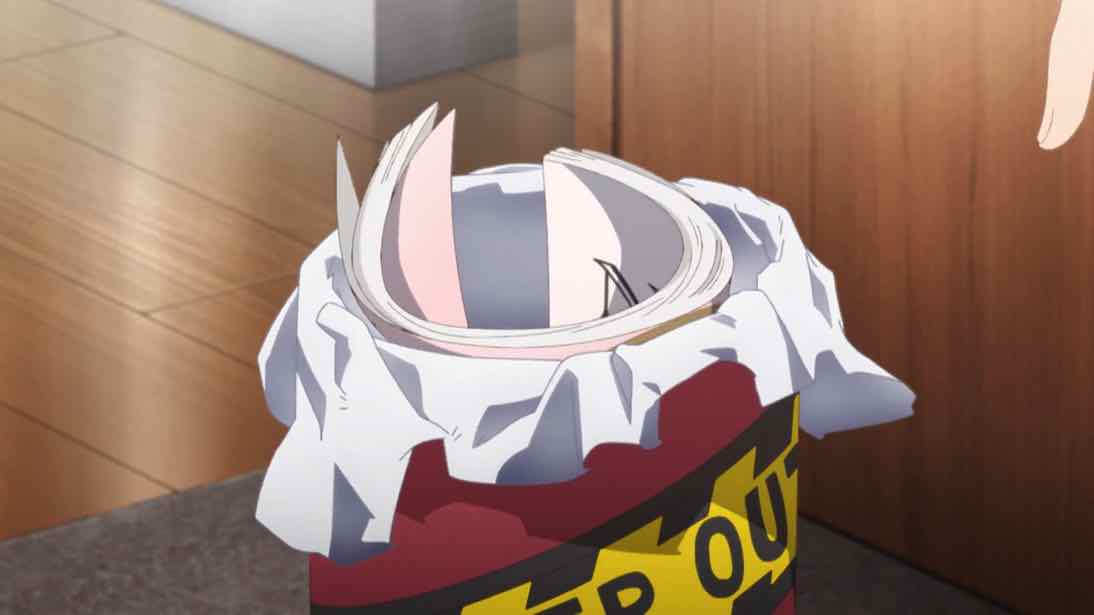
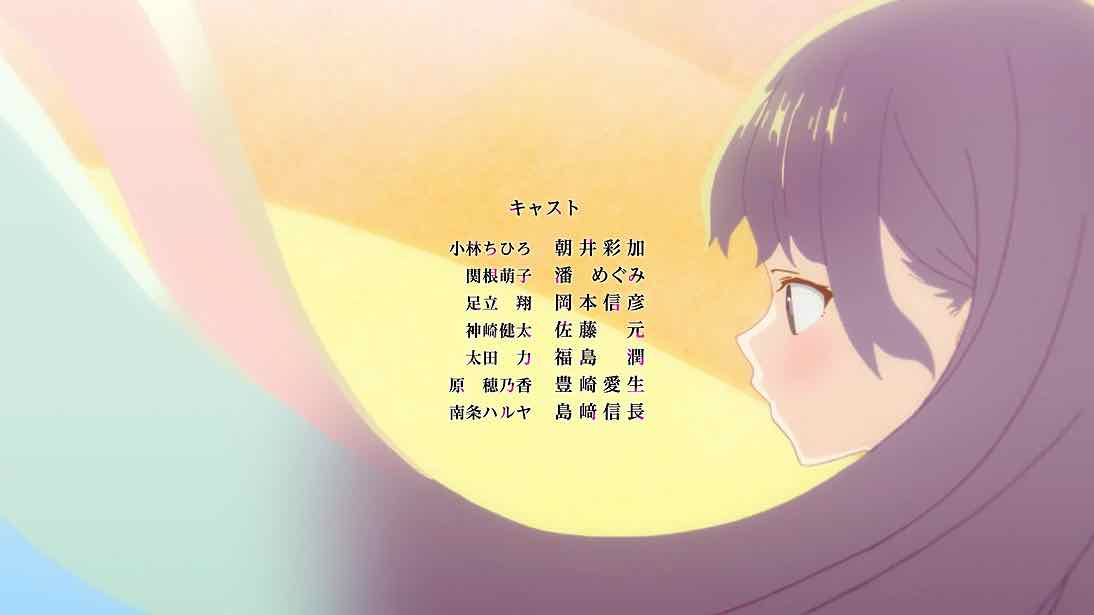
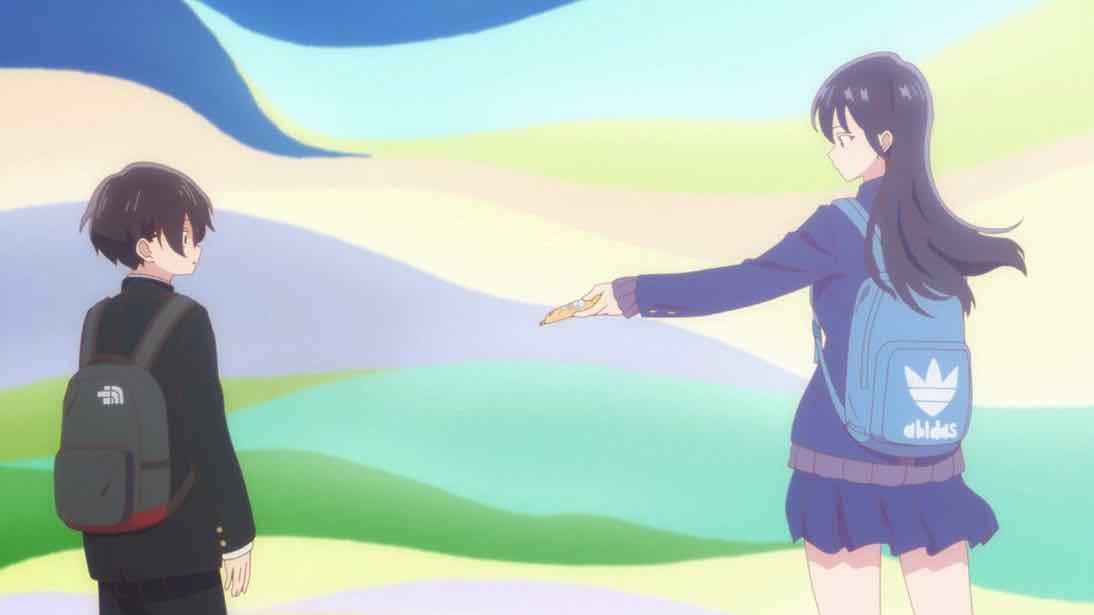
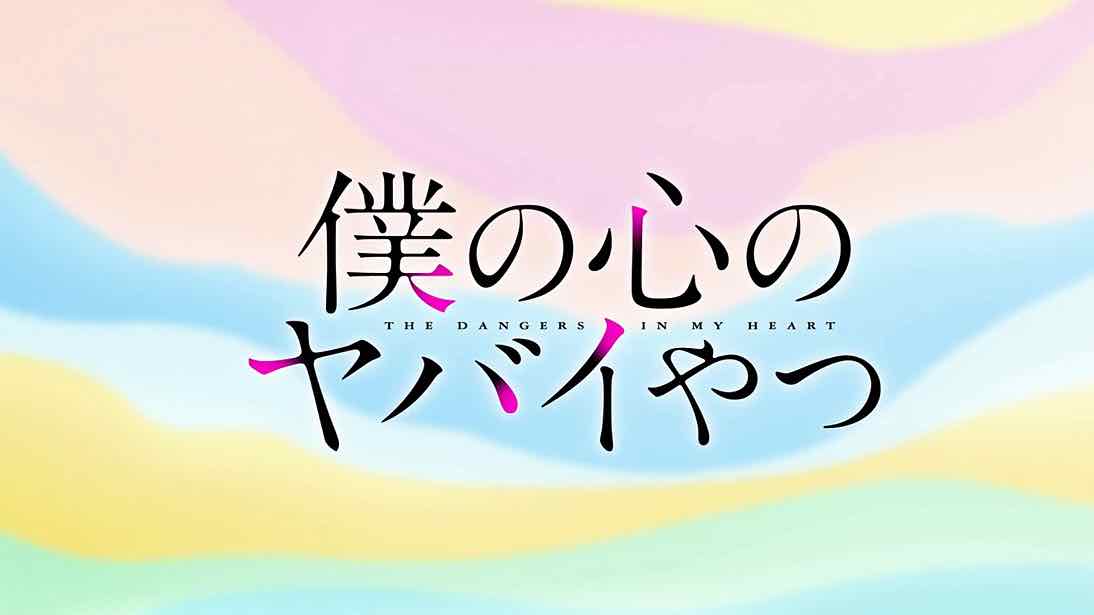
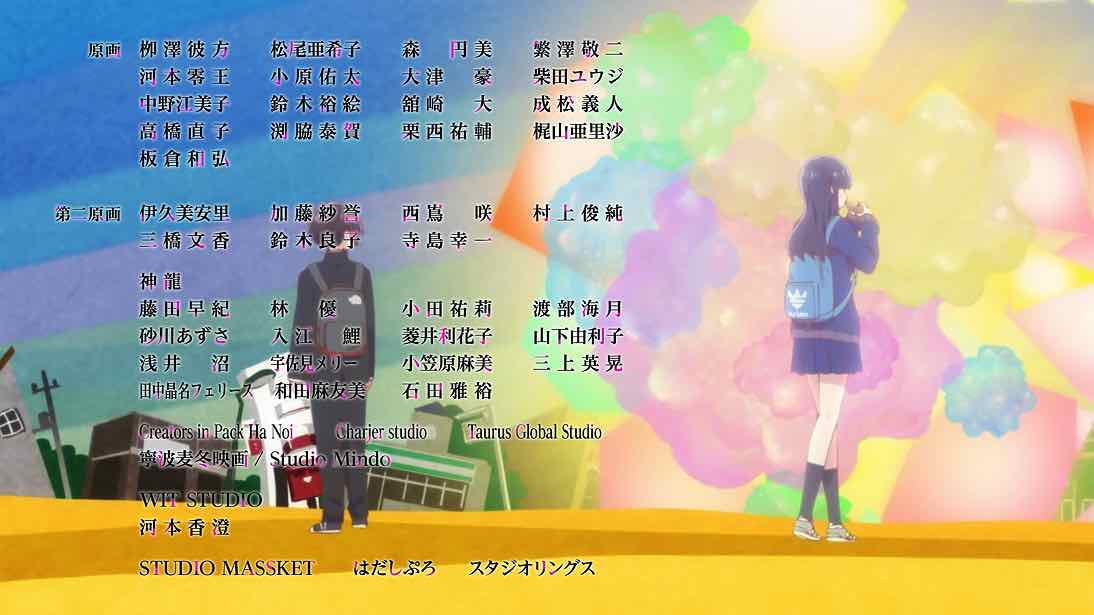
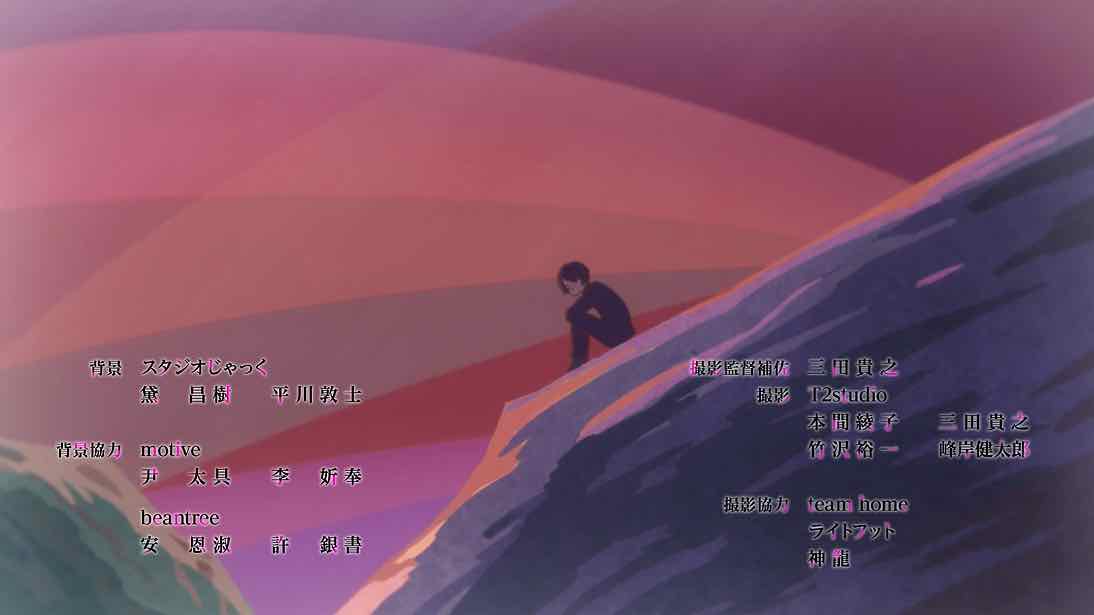
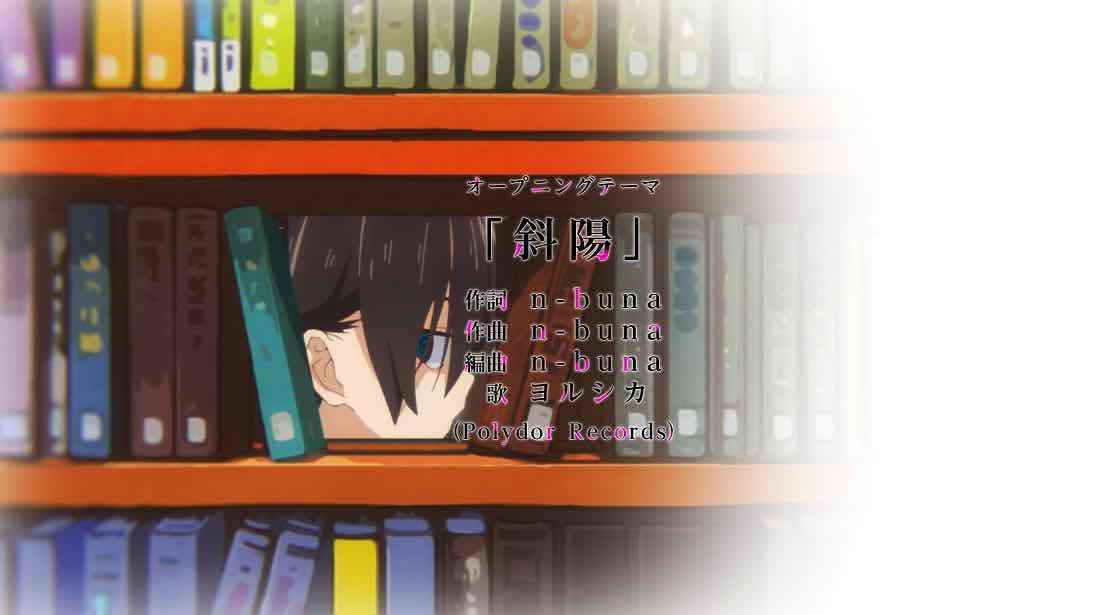
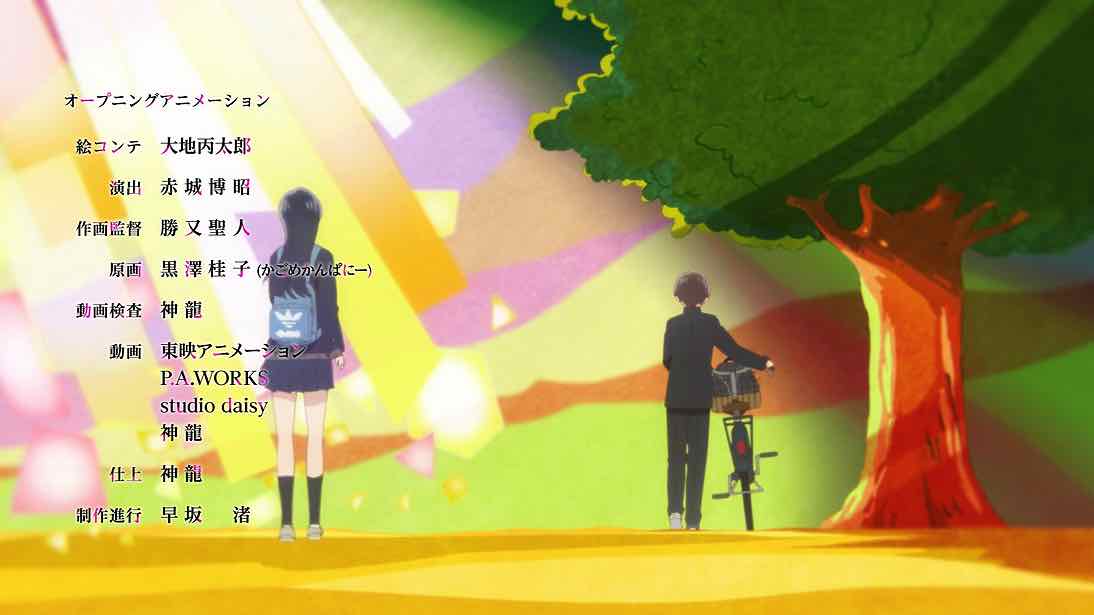
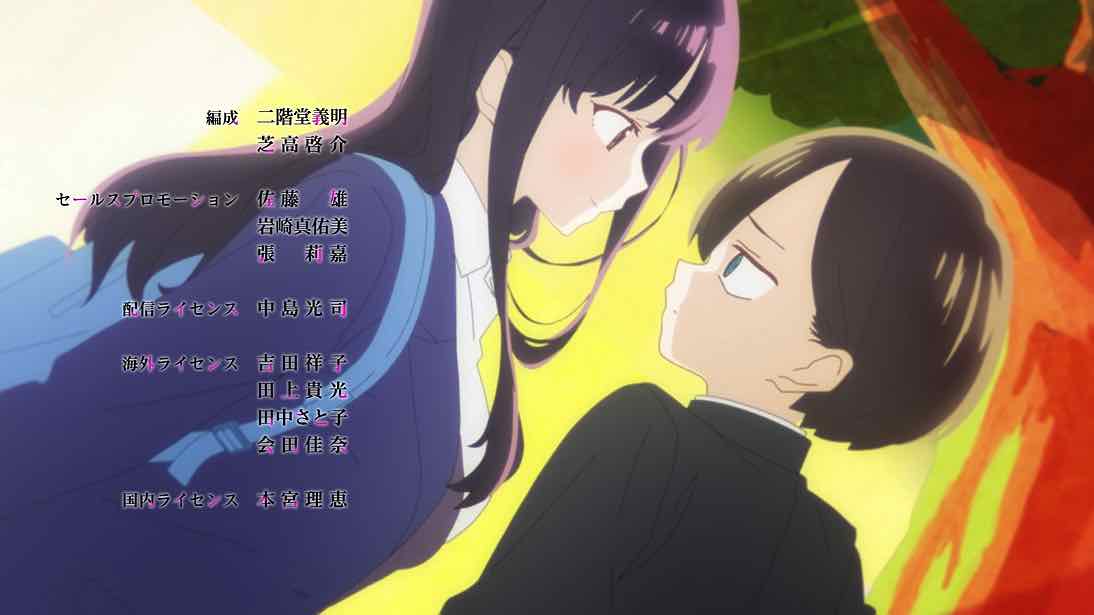
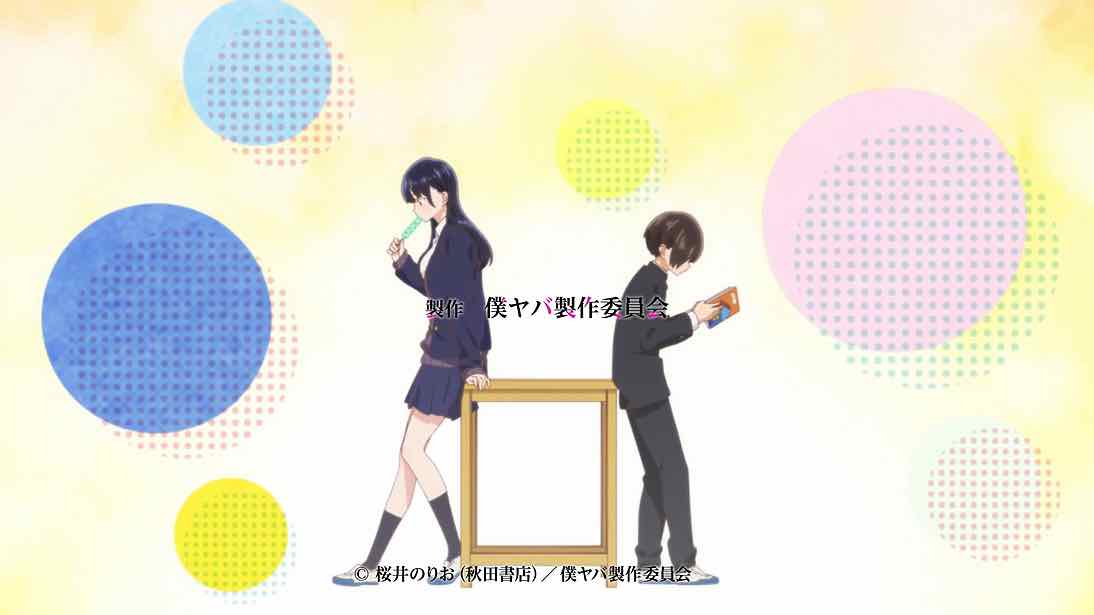
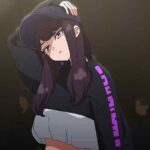

Rob Barrett
April 2, 2023 at 2:01 pmI will admit that I originally bounced off the manga somewhere around chapter 6 or 7, but your feelings about the strip convinced me to give the anime a shot. Well, I have now binged the entire manga, and finally getting through the early stretches was so worth it.
Guardian Enzo
April 2, 2023 at 2:27 pmPerhaps because I am unabashedly a neurotic myself and completely recognized two of them when I saw them, I more or less grokked where Norio was going right away, so there was little “getting through” for me. But even if one’s feelings about those early chapters are mixed, they’re vital to what’s going to follow.
Aera
April 7, 2023 at 4:20 pmI’ve been curious about this series since it’s one of your favorites, so I start watching it. It’s very interesting so far, I’m excited to watch how Anna and Ichikawa’s relationship and their respective personality develop!
Guardian Enzo
April 7, 2023 at 5:51 pmJust don’t expect smooth ‘n easy, because this one doesn’t pull any punches.
Adam
May 15, 2023 at 4:17 amWhen I was 13 a disturbed boy came into my school and killed several people. I hid in a classroom with a dozen other people, all of us desperate to cry or pray or scream but too terrified to do so because we could hear people in the hall and we could not know who they were. I honestly don’t remember the names of the other students in the room with me, it was a long time ago, but I remember every face, I remember mirrors of terror and grief.
When I first read a description of this anime I very nearly threw up. My heart raced and it was difficult for me to breathe. My wife had to hold my hand to calm me. (Ironically, a couple of weeks later I would see Suzume in the theater and one aspect of the plot would hit me so hard my daughter would have to climb in my lap to ground me. I’ve been affected by anime in predictable ways before, but these two were unique in the way they ruined my day. I still loved Suzume, even if I may never see it again.)
People seem to love it. I keep reading gushing reviews of it. And I just don’t get it. I have actually gone out of the way to read reviews people have written to see if I can find something that will make me want to give it a chance. I mean, I paid for Hidive for a year, I gotta justify that somehow. (This is a bit of a goof. Oshi no Ko, Insomniacs and Akiba Maid War have already justified the purchase.) I honestly want to give it a try, but you cannot imagine how difficult it is.
Anyway, it’s nice to read an editorial from someone who loves the source material. I’m glad this has made people happy.
Guardian Enzo
May 15, 2023 at 7:26 amAll I can tell you is that it’s impossible to know the true nature of a series based on a description. Assumptions based on that are often wrong, and they certainly are in this case.
No one can deny the impact our personal experiences have on us, and for something like what happened to you I know it must be very powerful. Maybe even the suggestion of something hits too close, and this series isn’t for you. It becomes clear very quickly that BokuYaba is something totally different than what you’re assuming it is based on the synopsis – this is an intentional misdirection by the author. But if even that makes you uncomfortable then avoiding the series altogether is certainly valid. You have to do what’s right for you.
Zol
May 28, 2023 at 9:33 pmUsually I’m not really fond of romcom as a genre in manga and anime, but since you went to such lengths to express your love for BokuYaba, I finally decided to give it a chance.
I just wanted to watch the first episode and then maybe continue a week later or so… But before I fully realized it, I had binged the first 5 episodes in a row.
The characters, the dialogue…it is all that good.
Guardian Enzo
May 28, 2023 at 10:22 pmIt is, and it only gets better. And better.
It’s certainly good to know my advocacy was a factor in your giving it a shot! Thanks for letting me know.